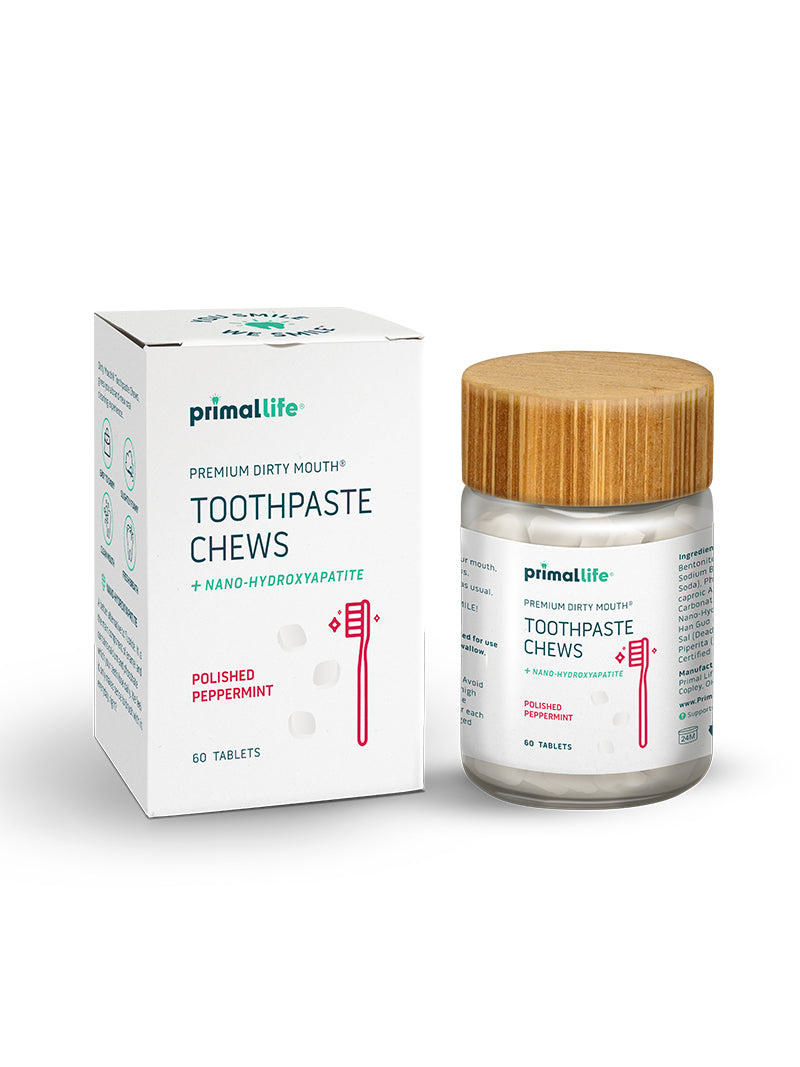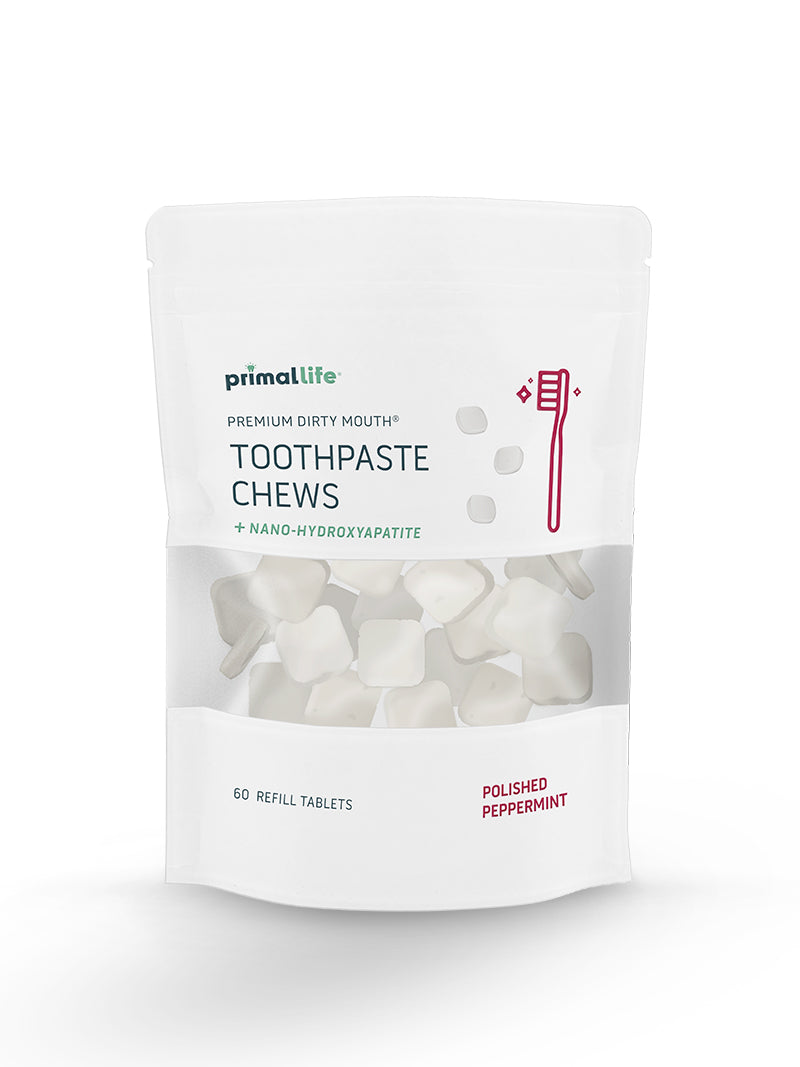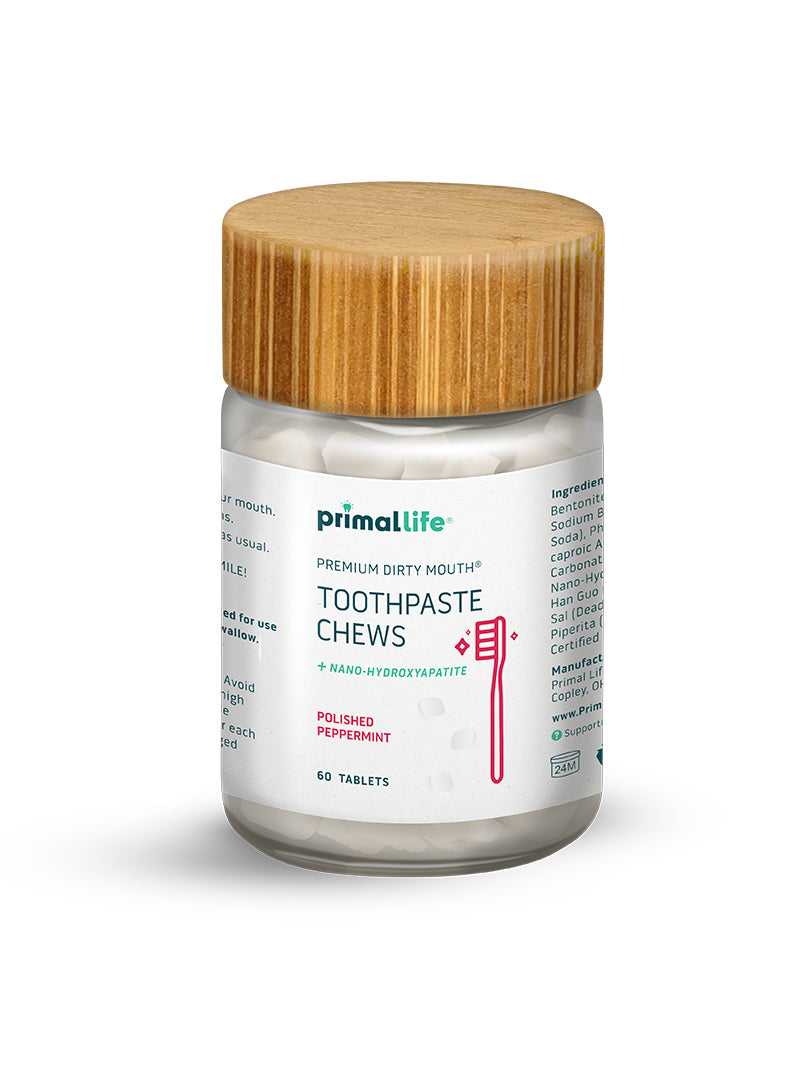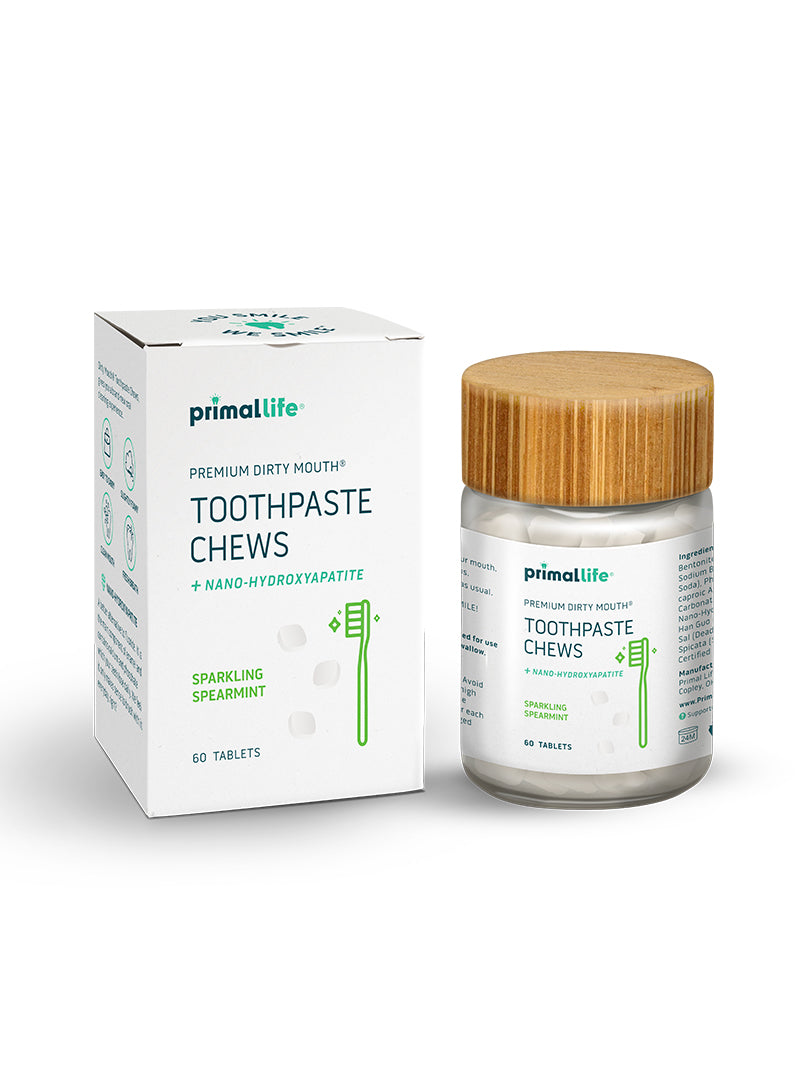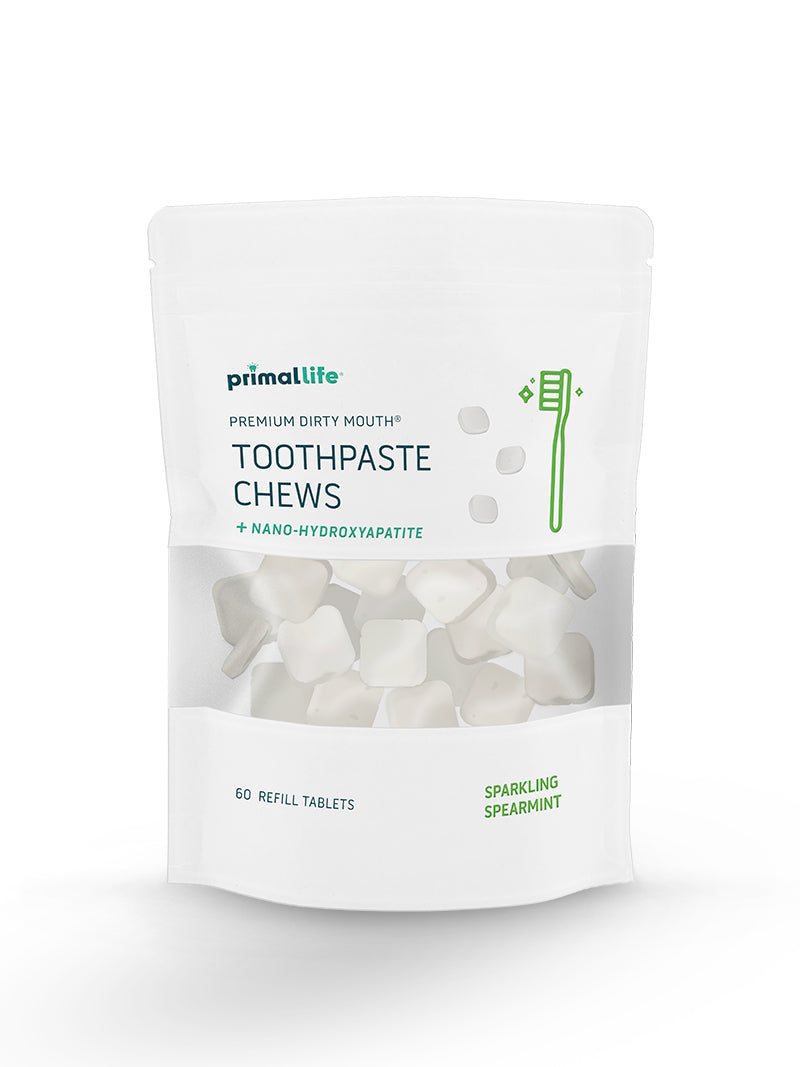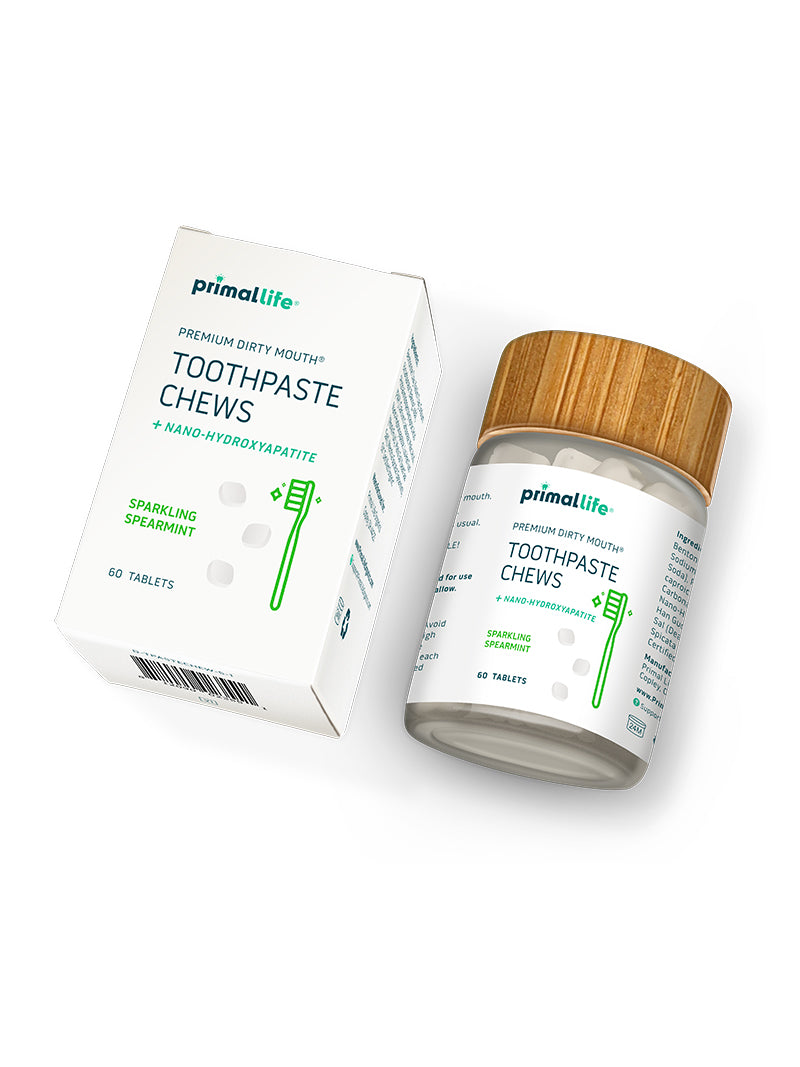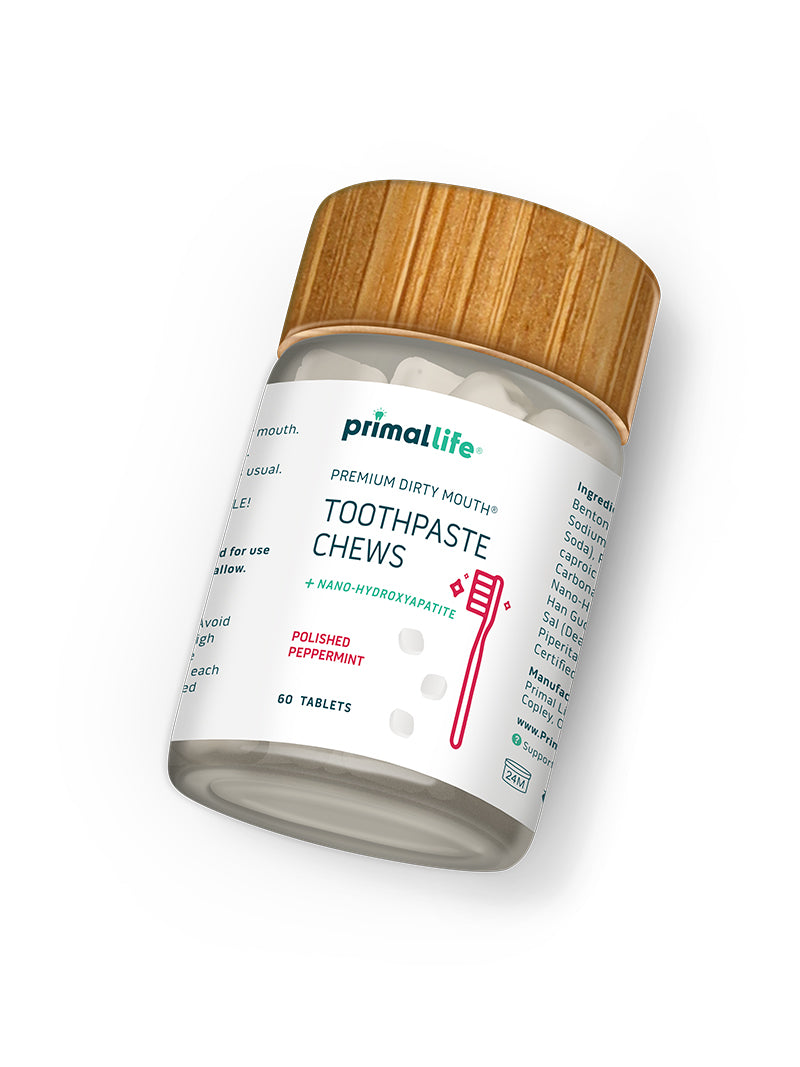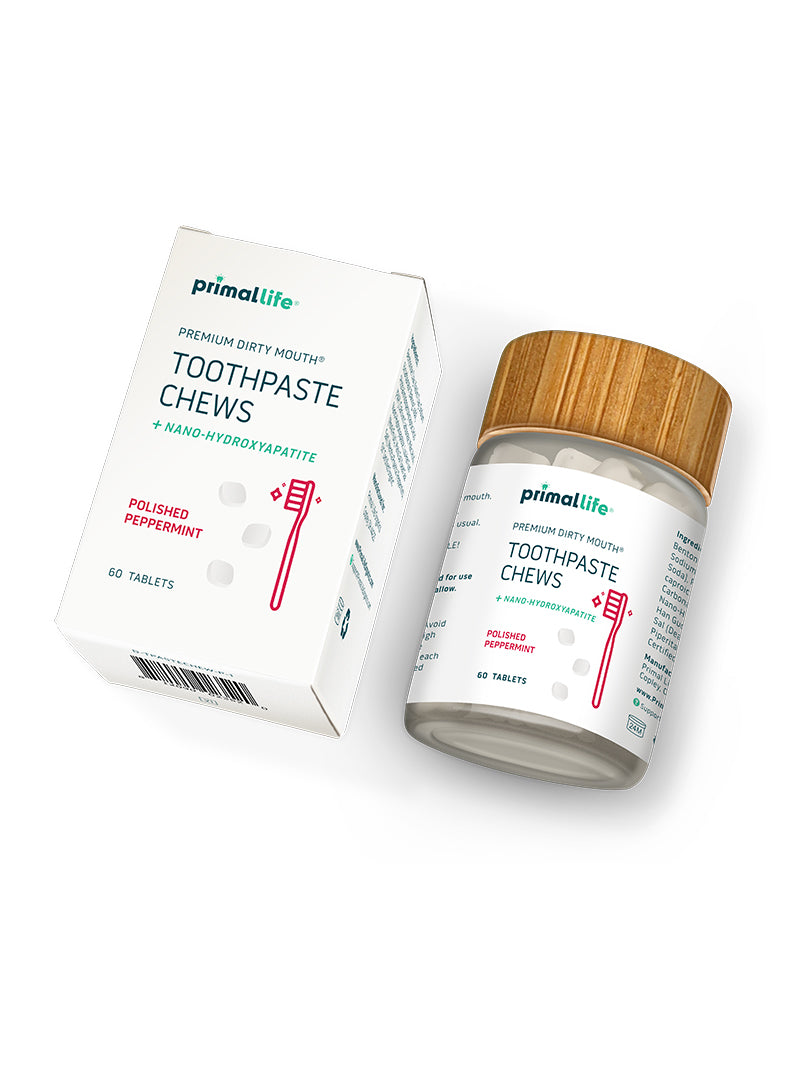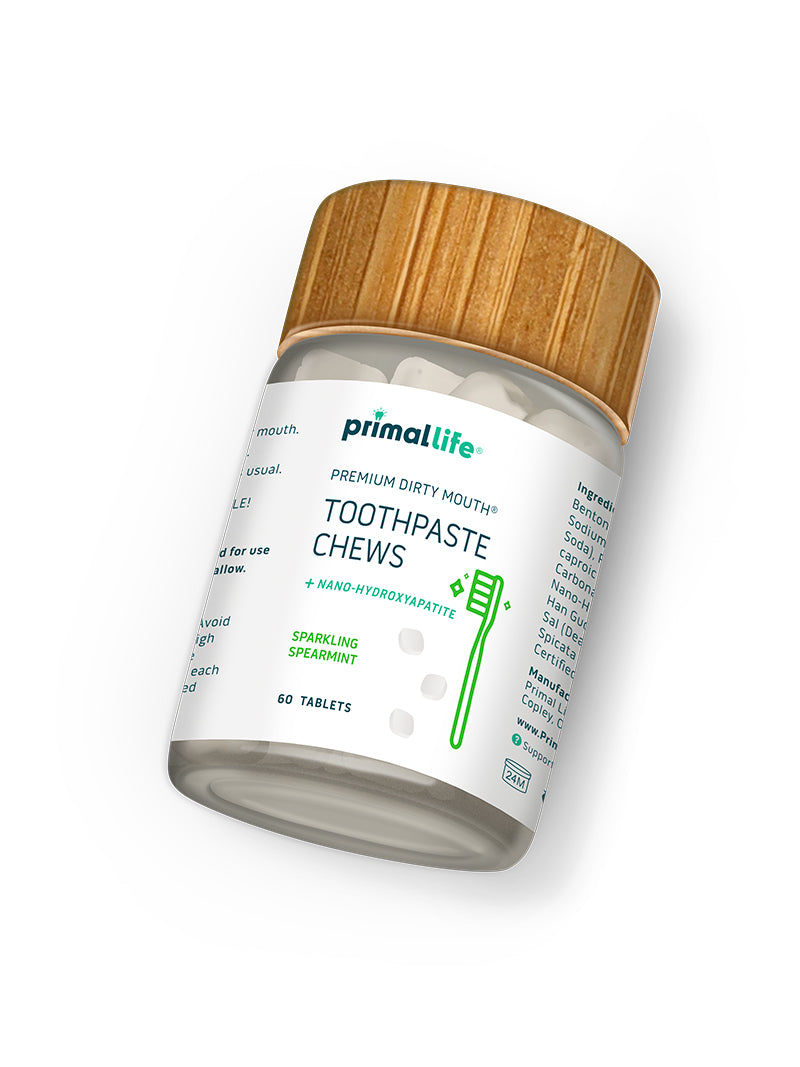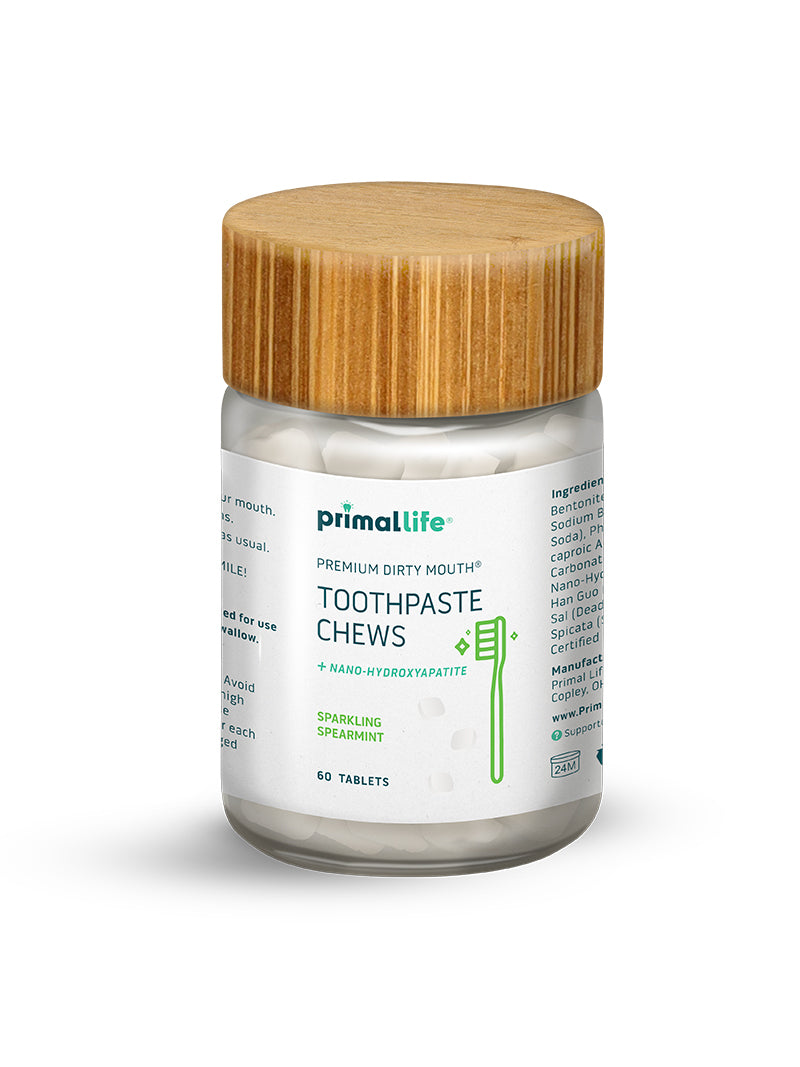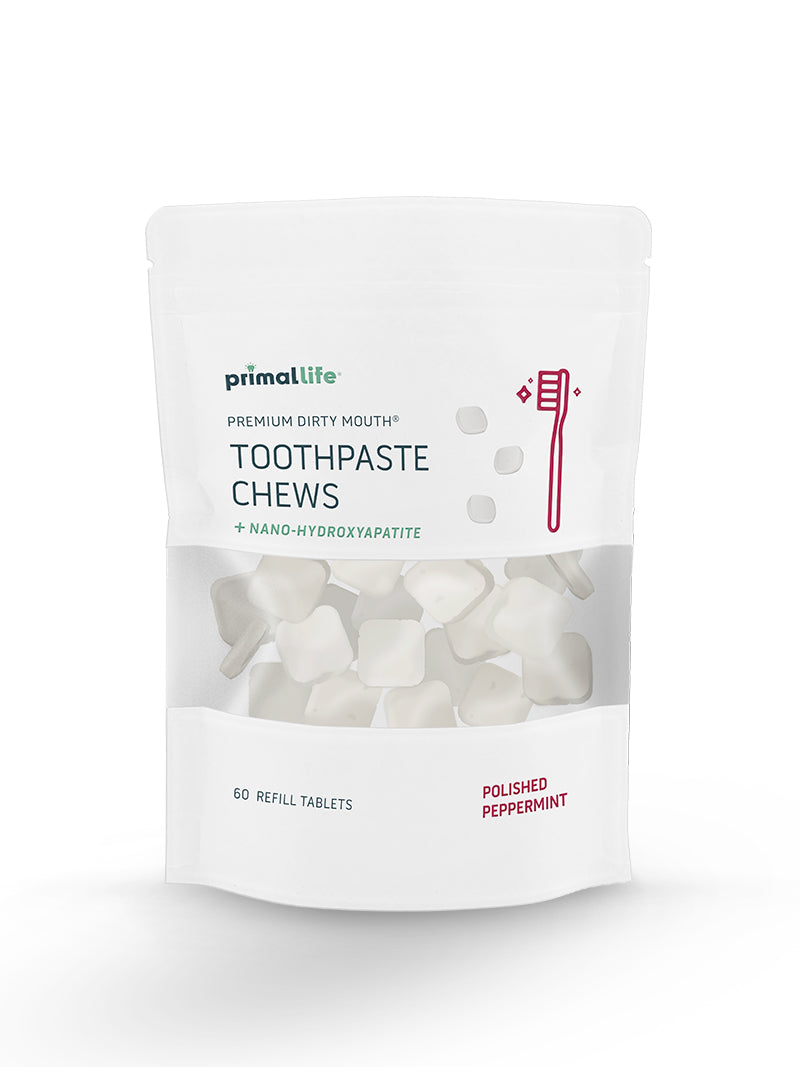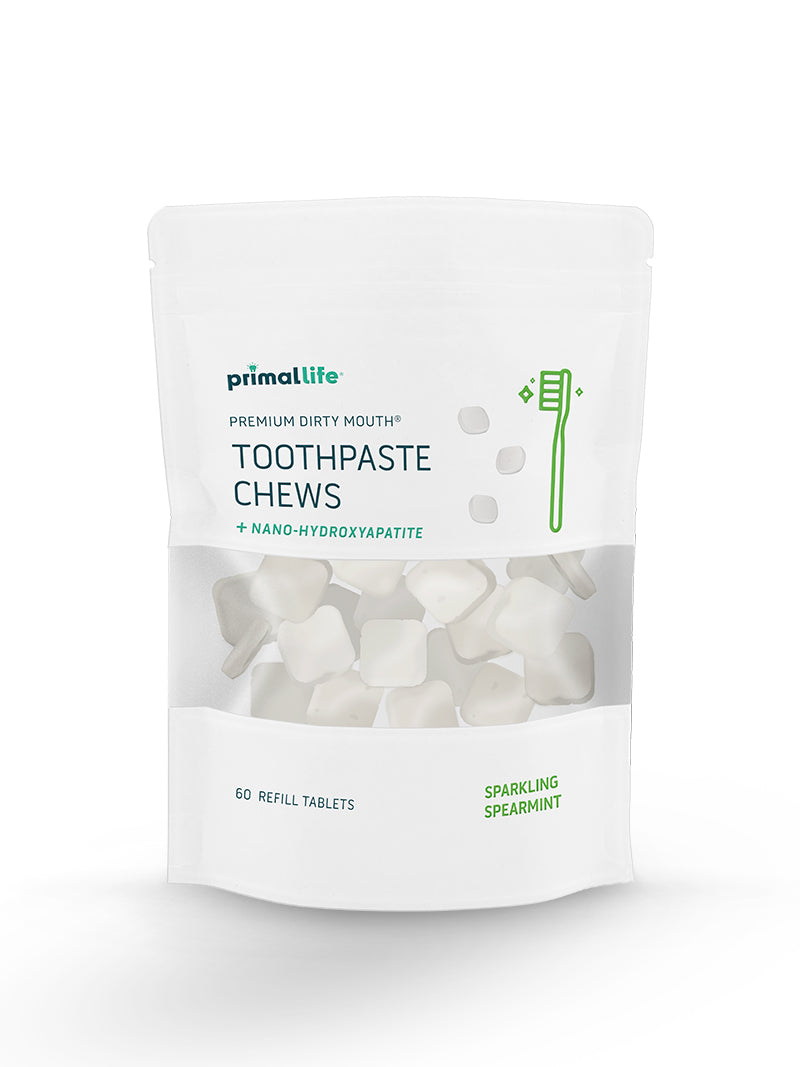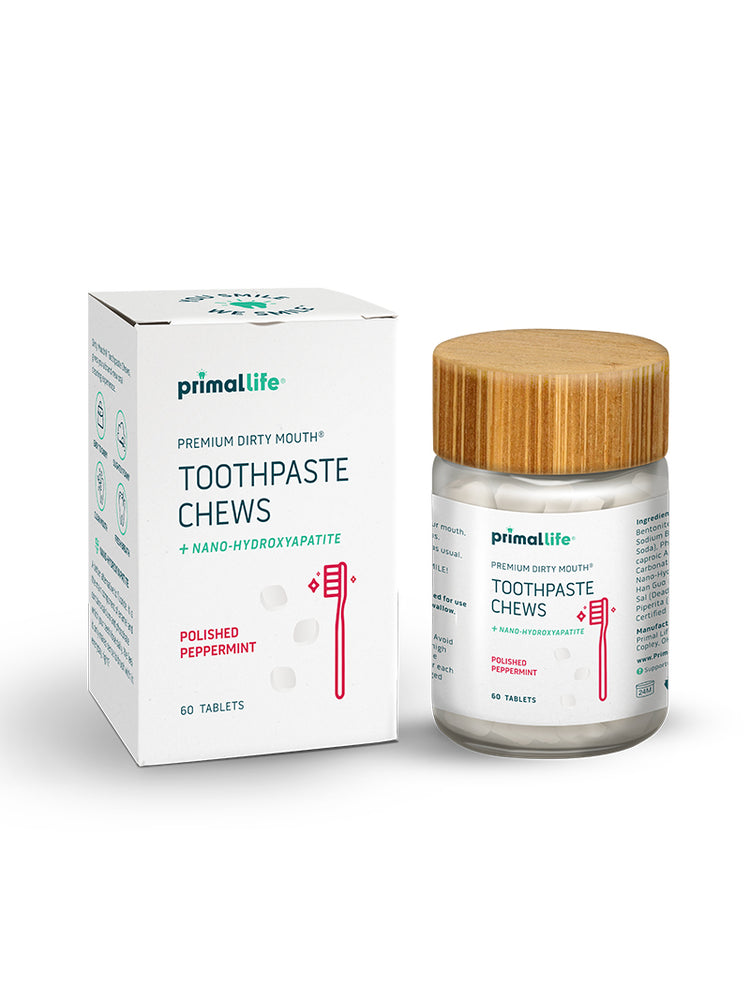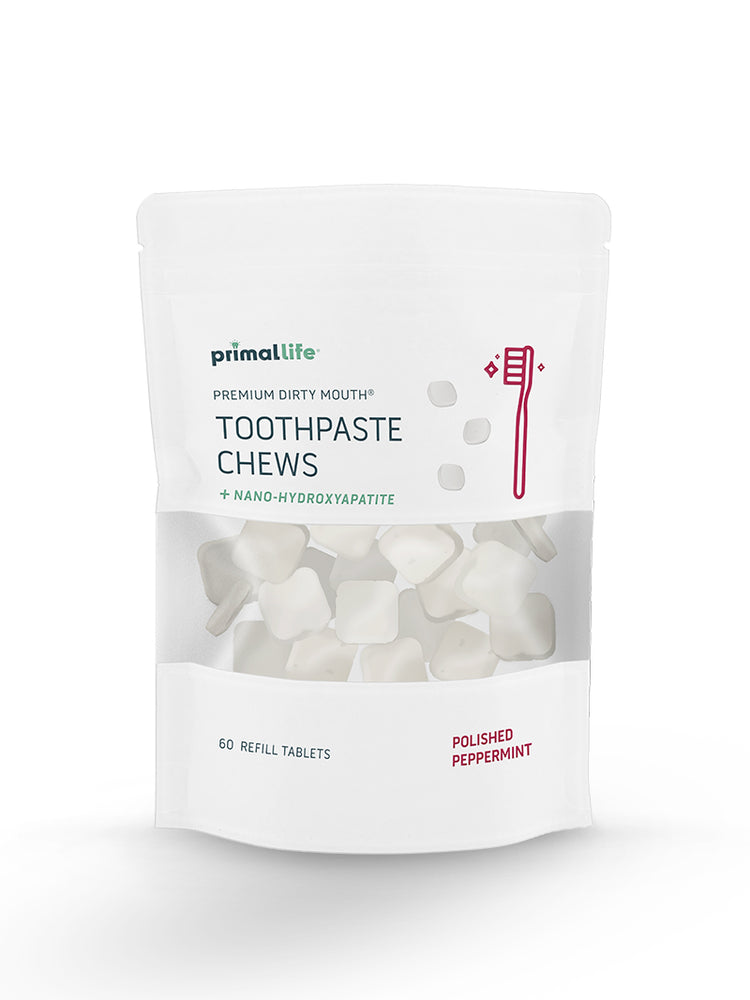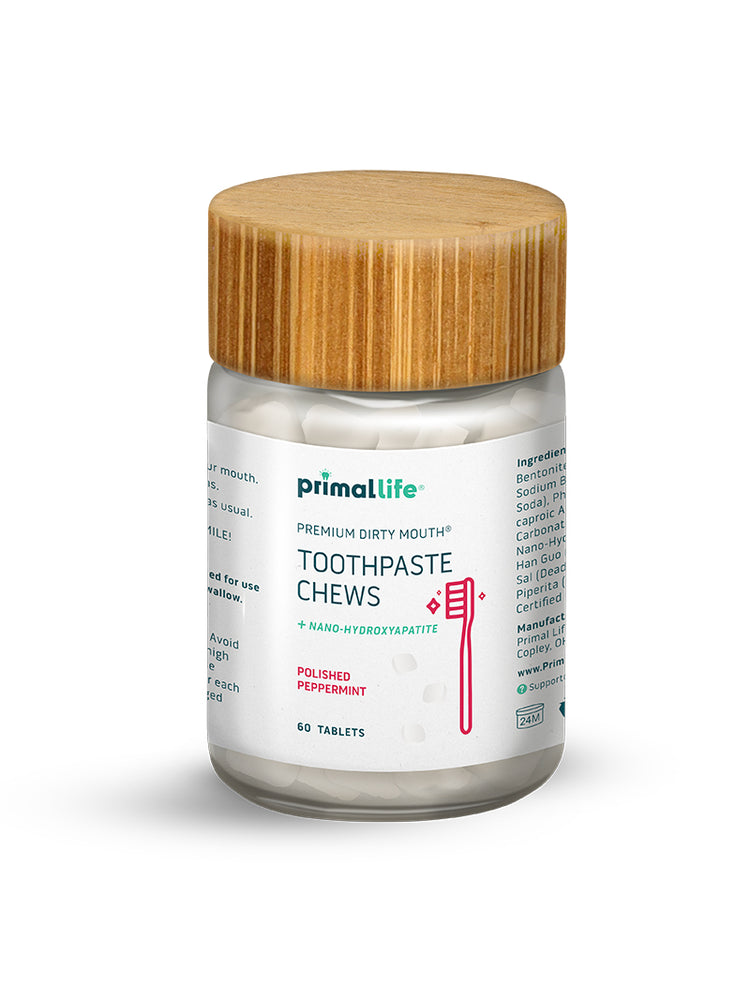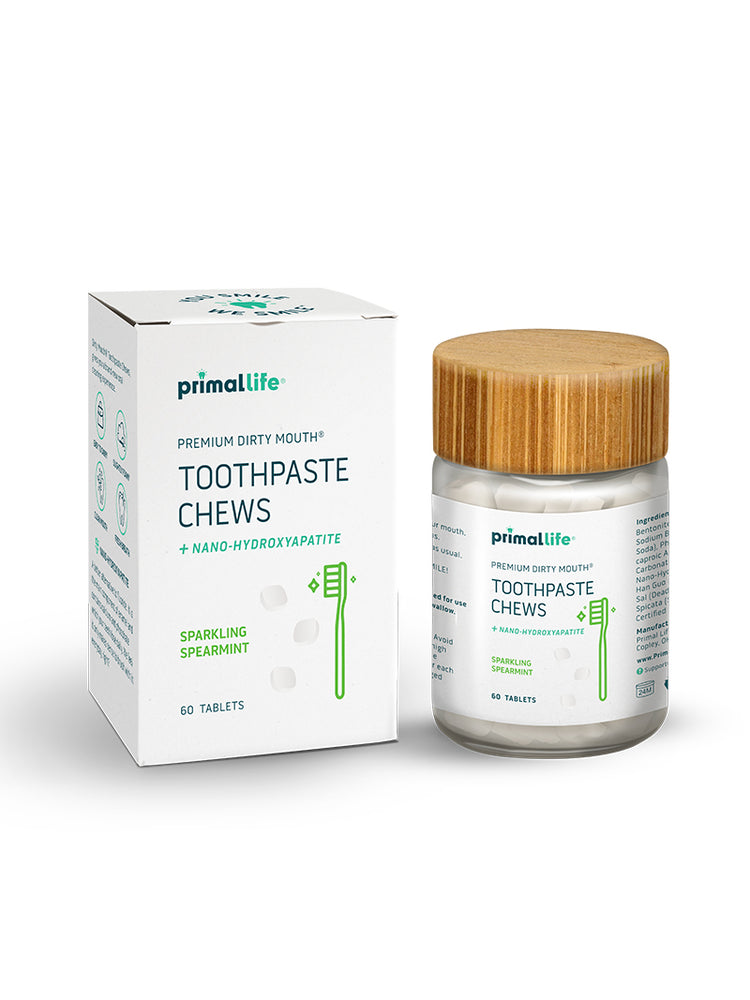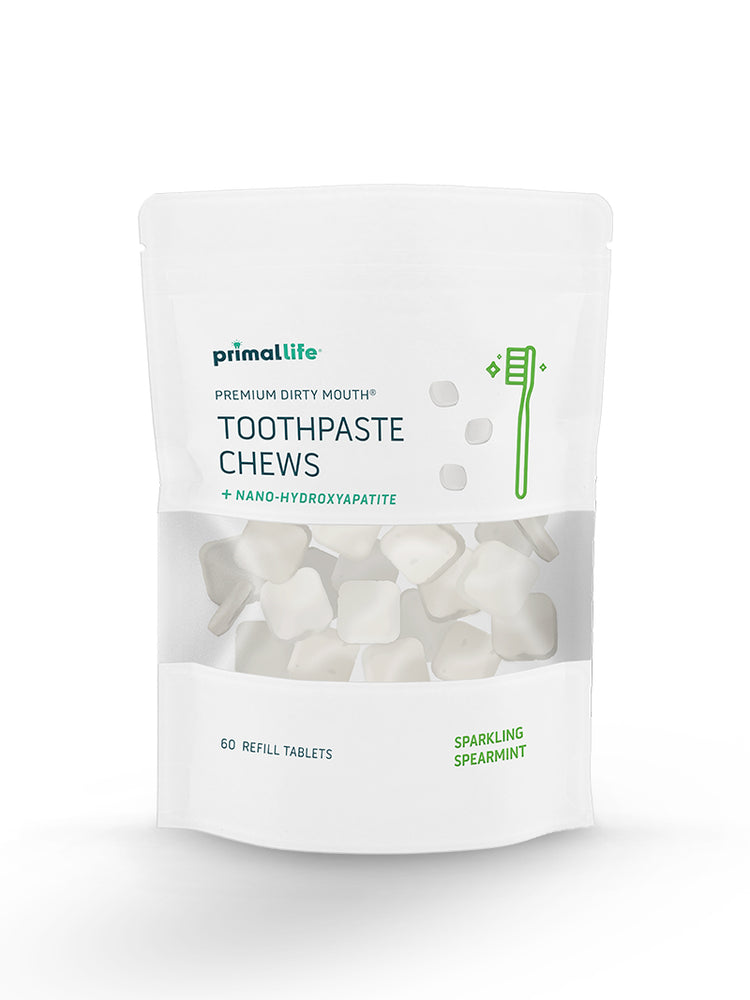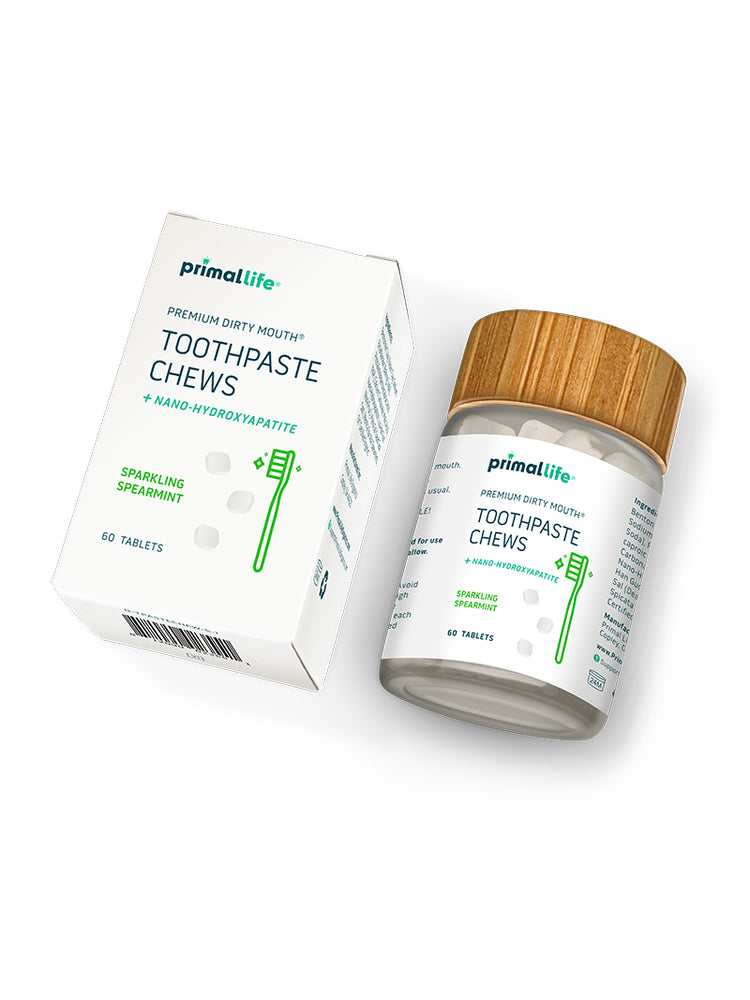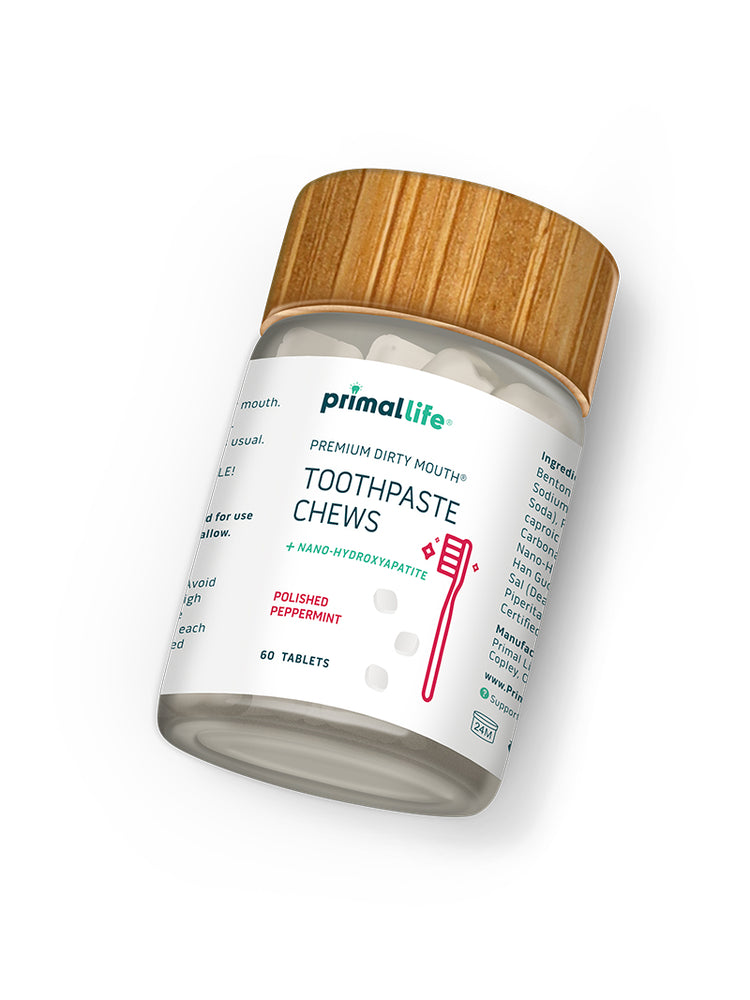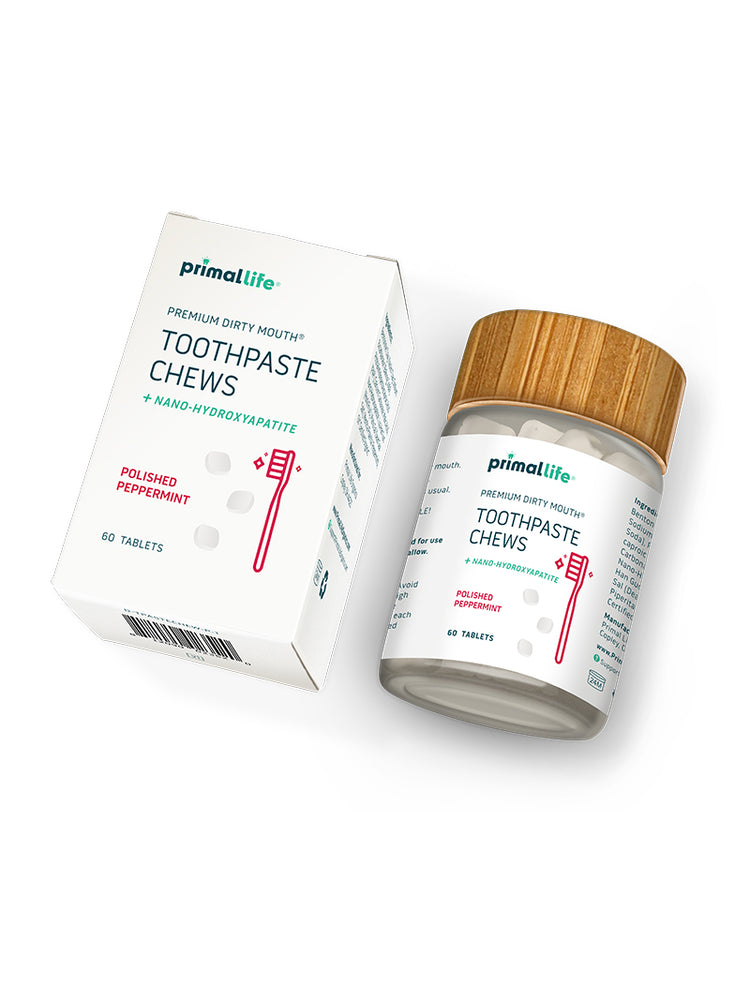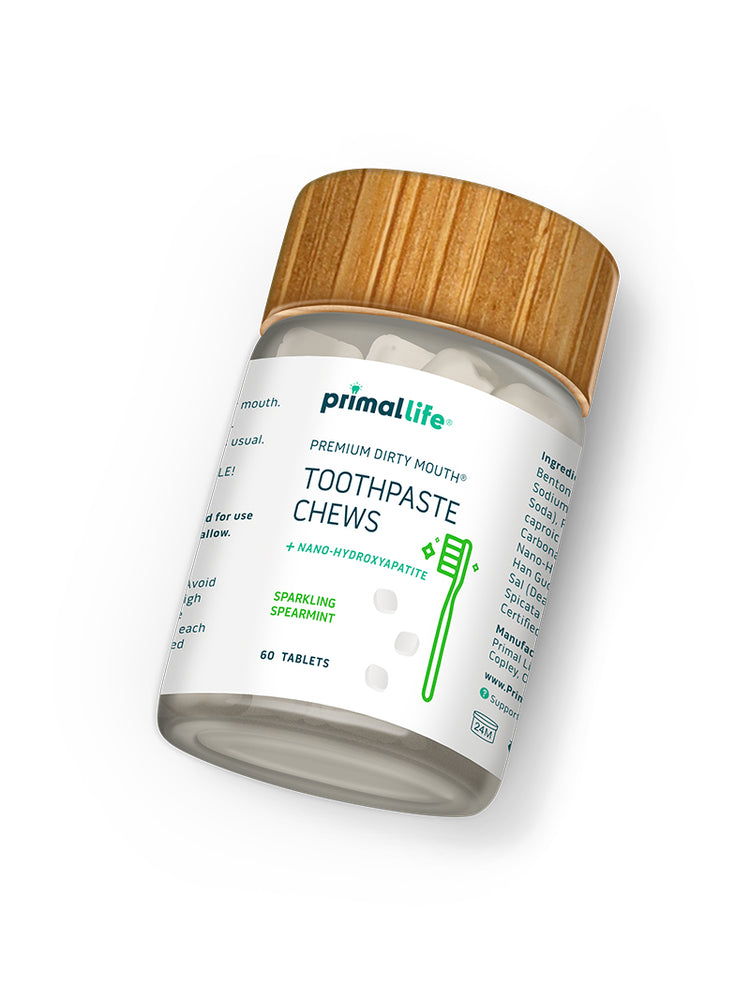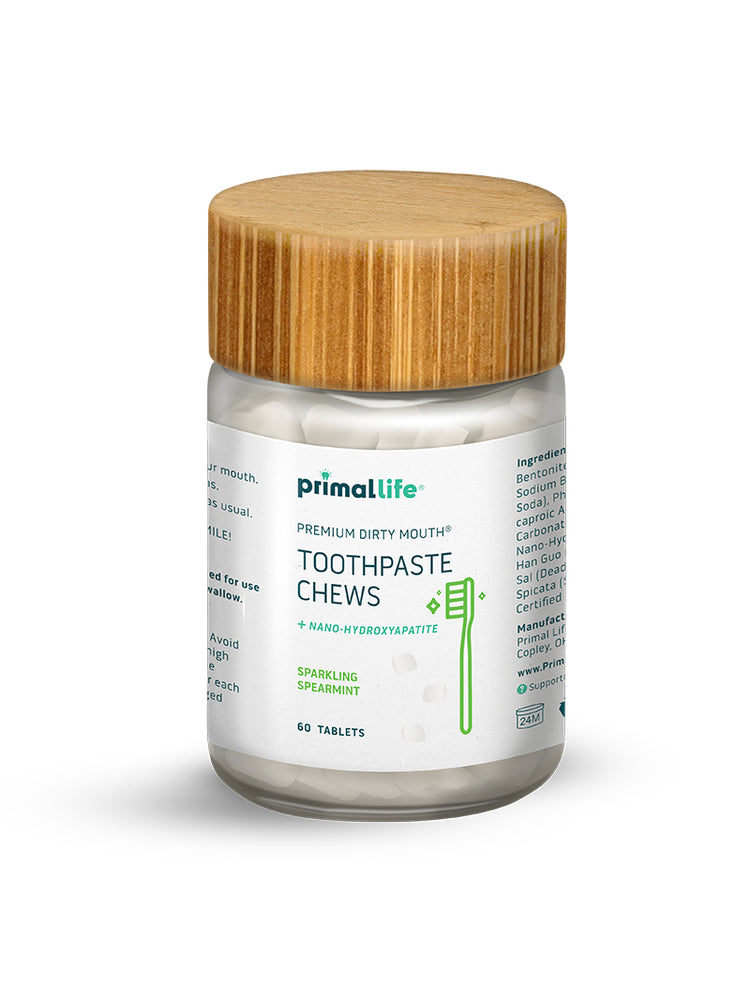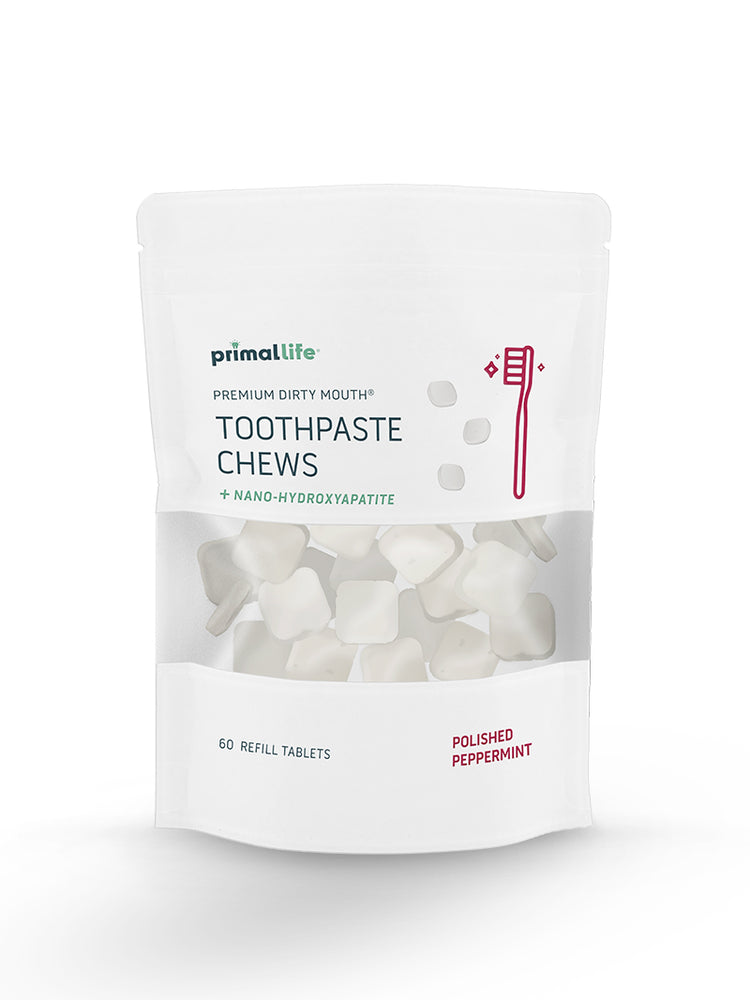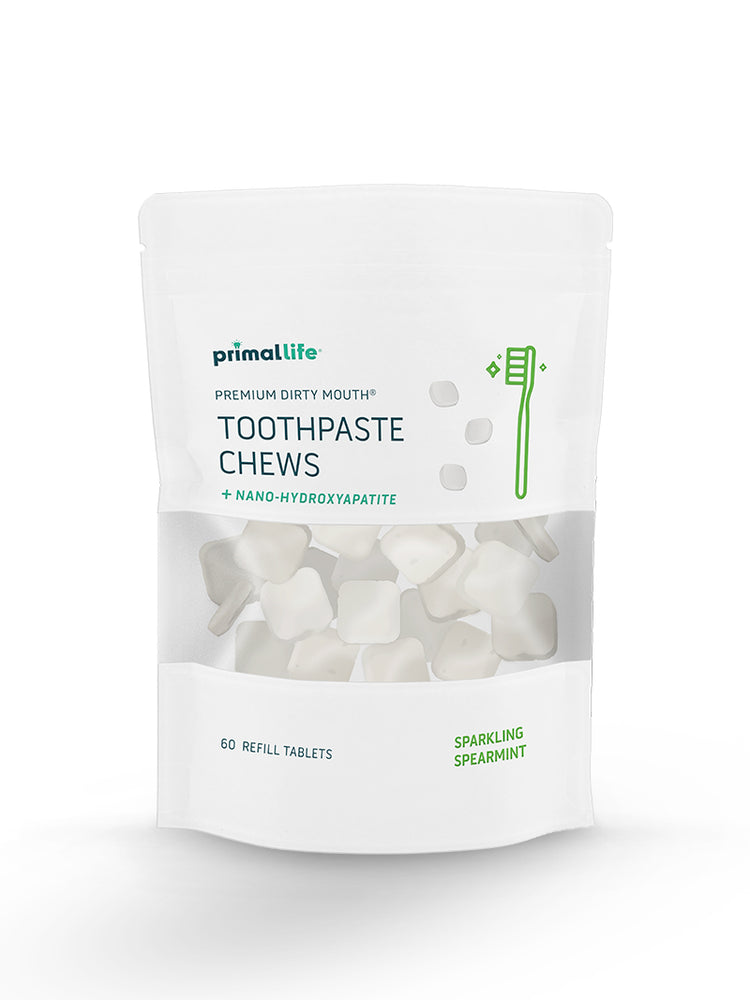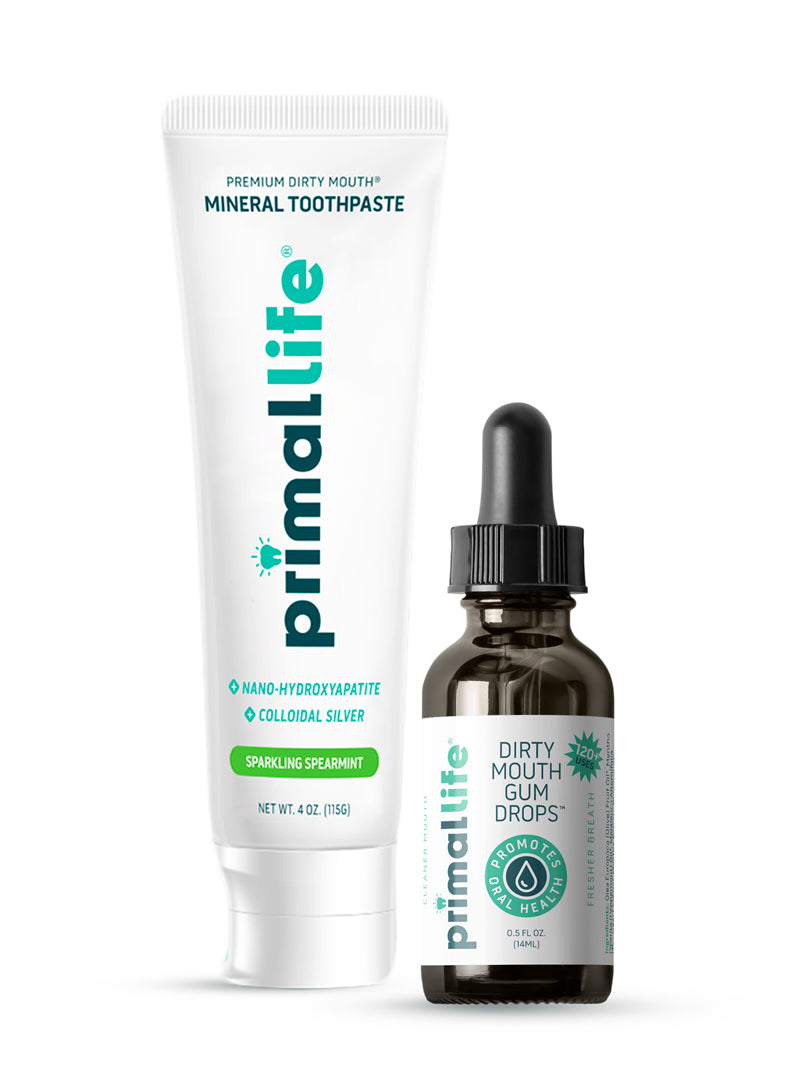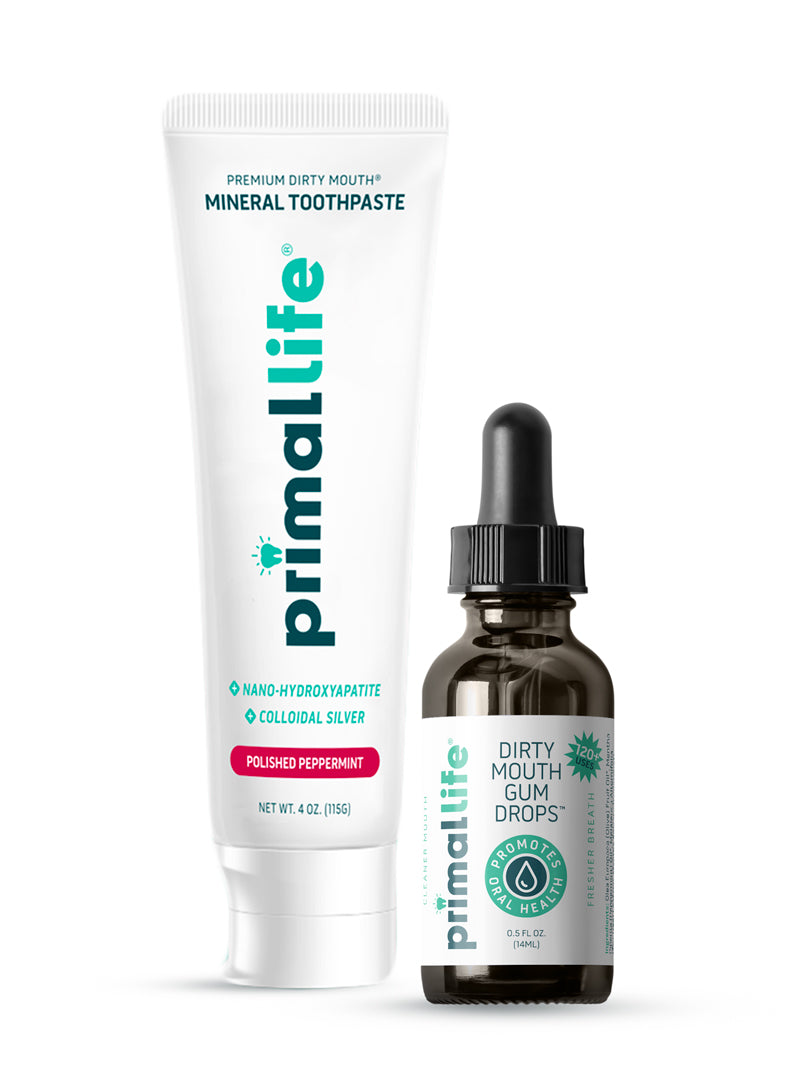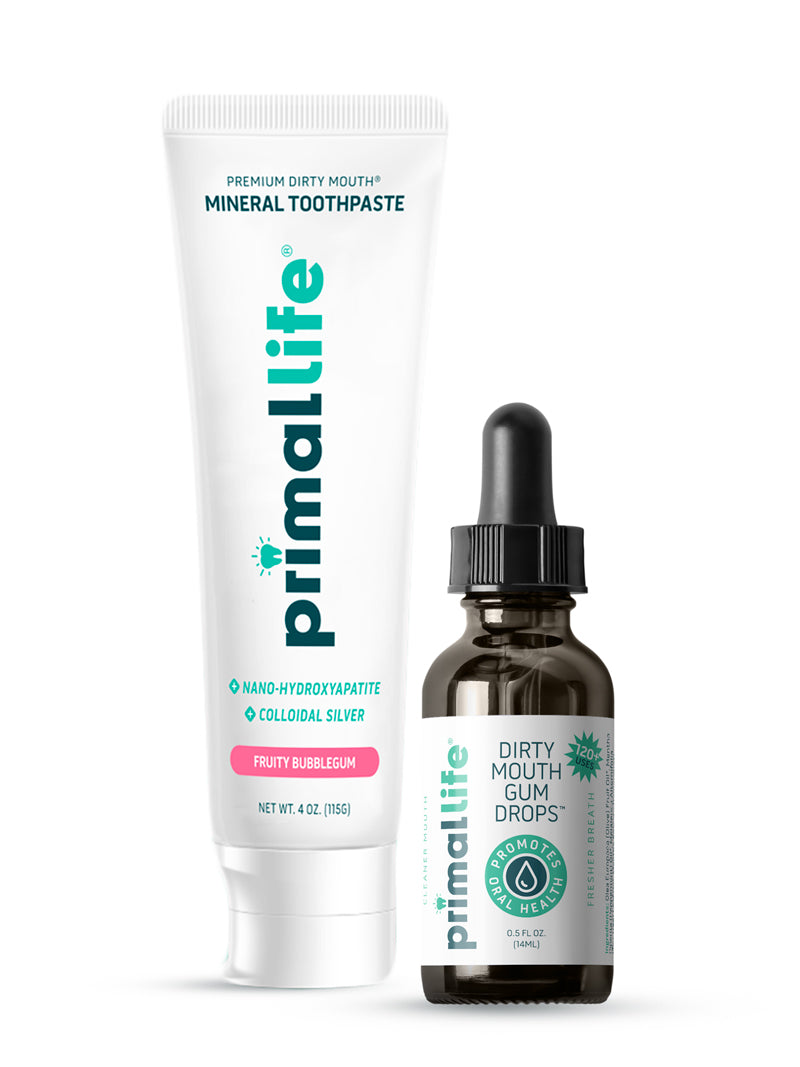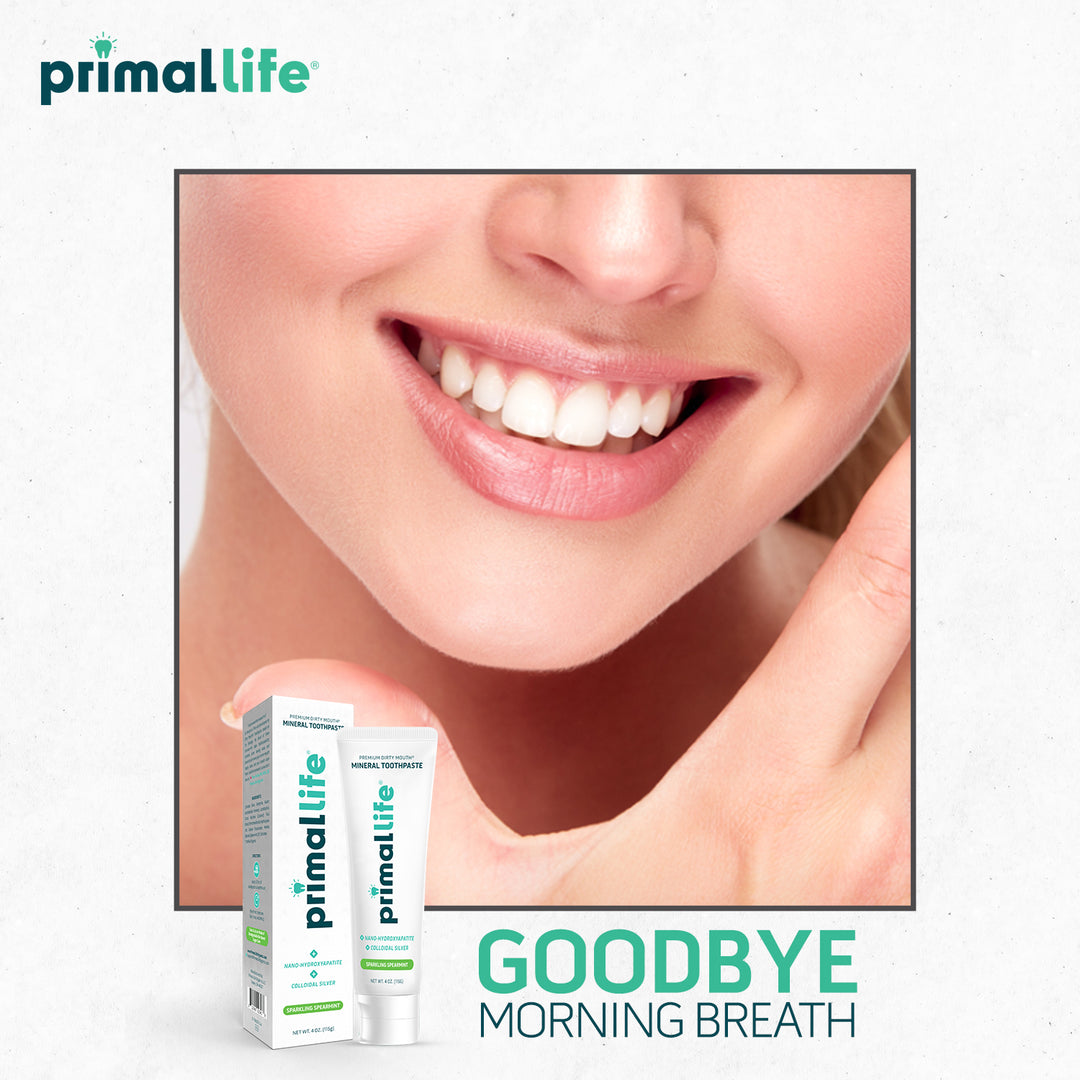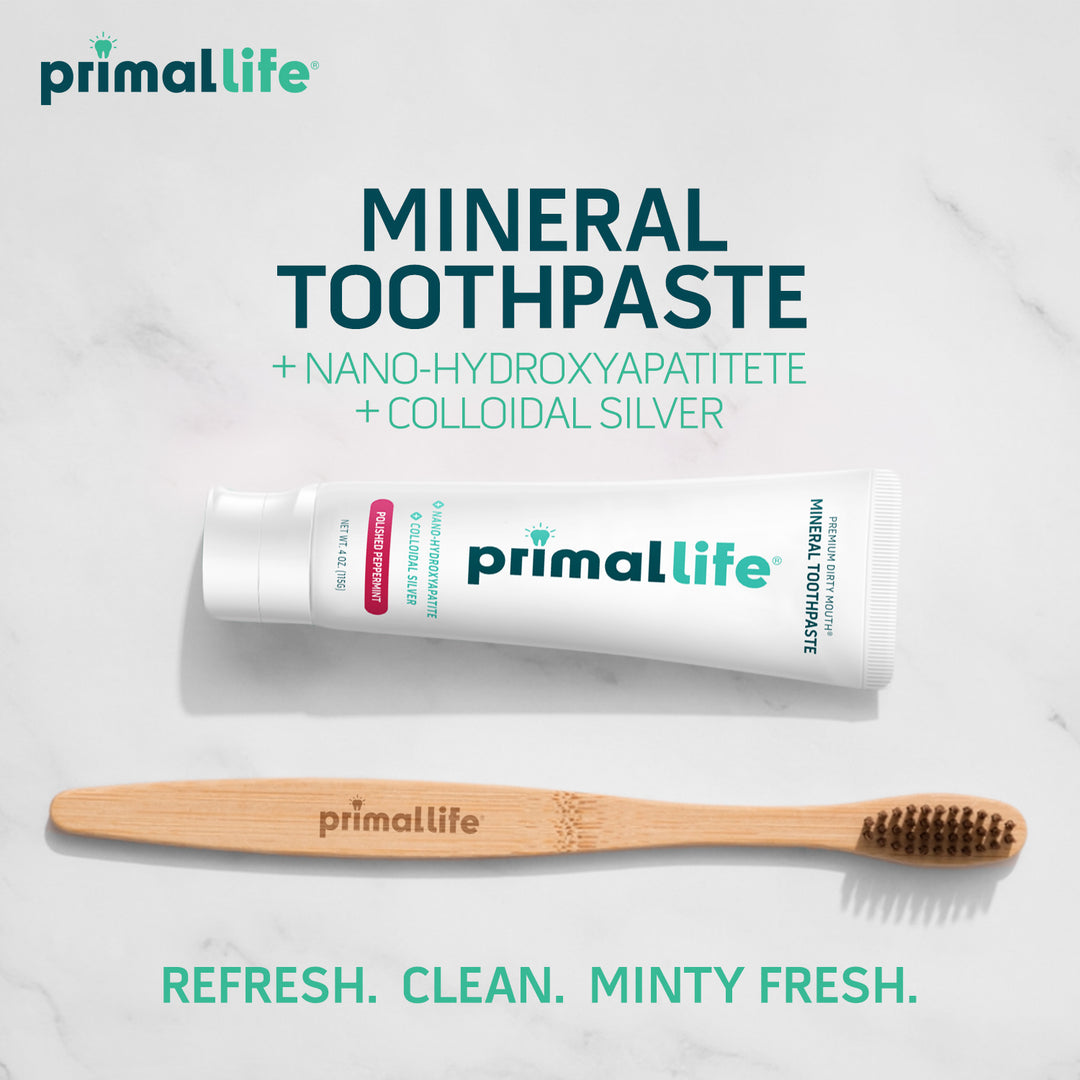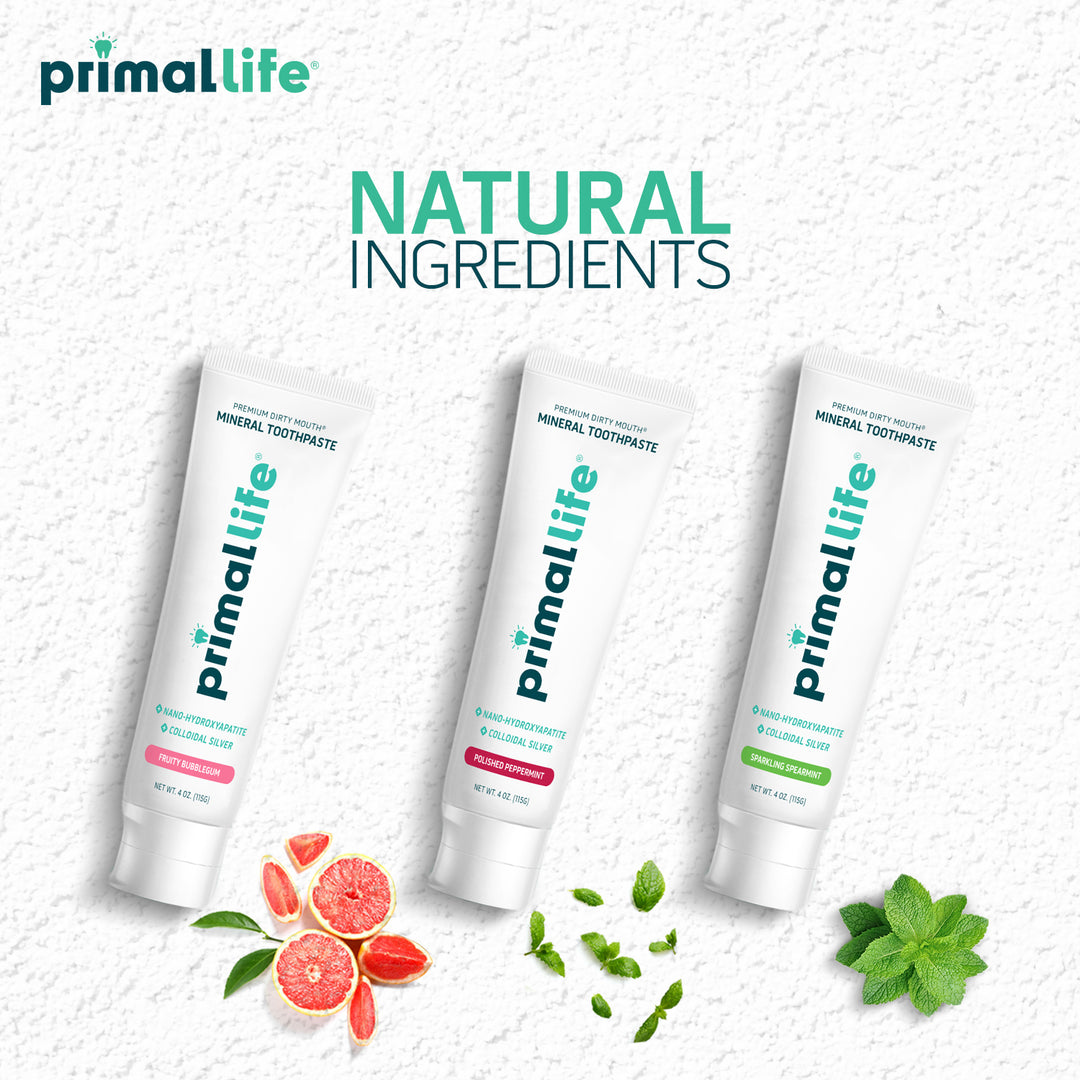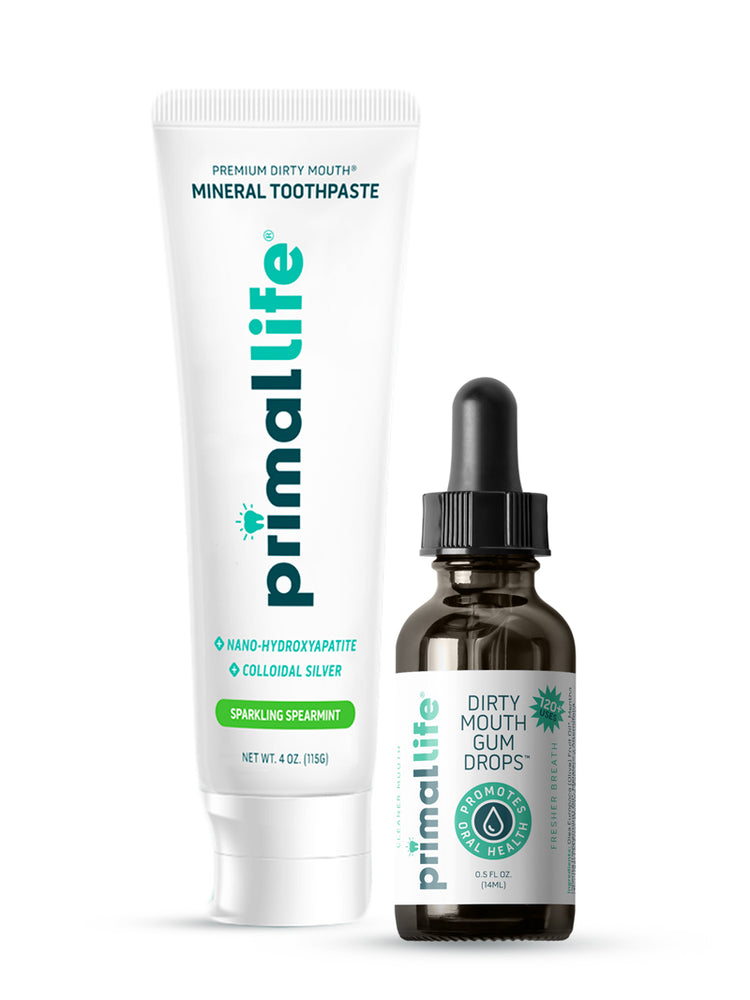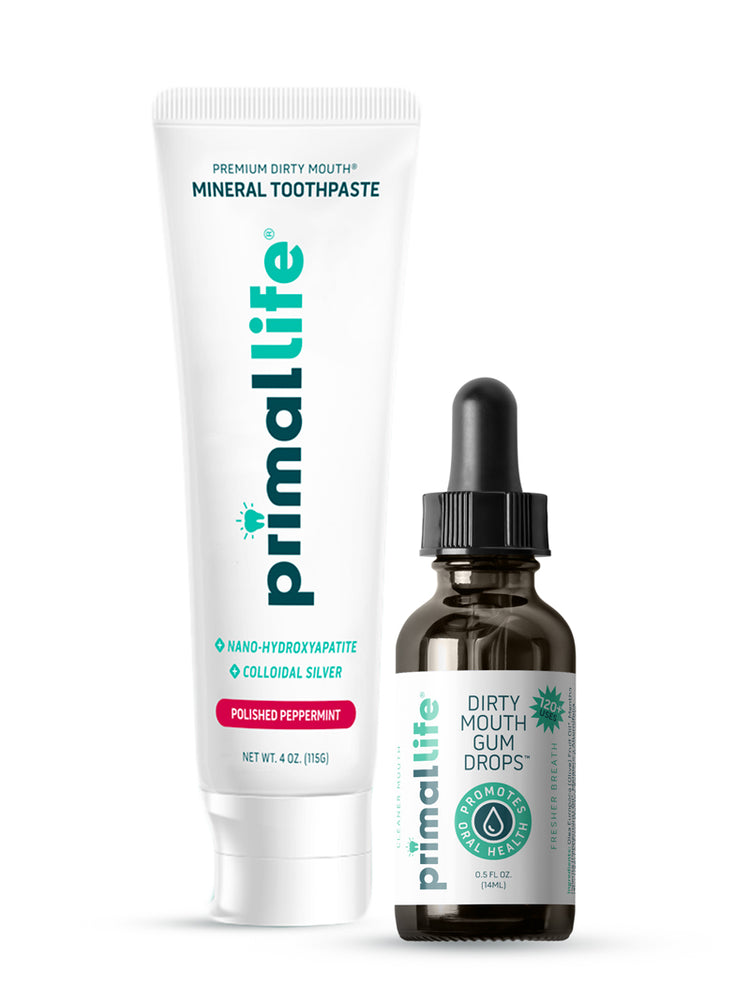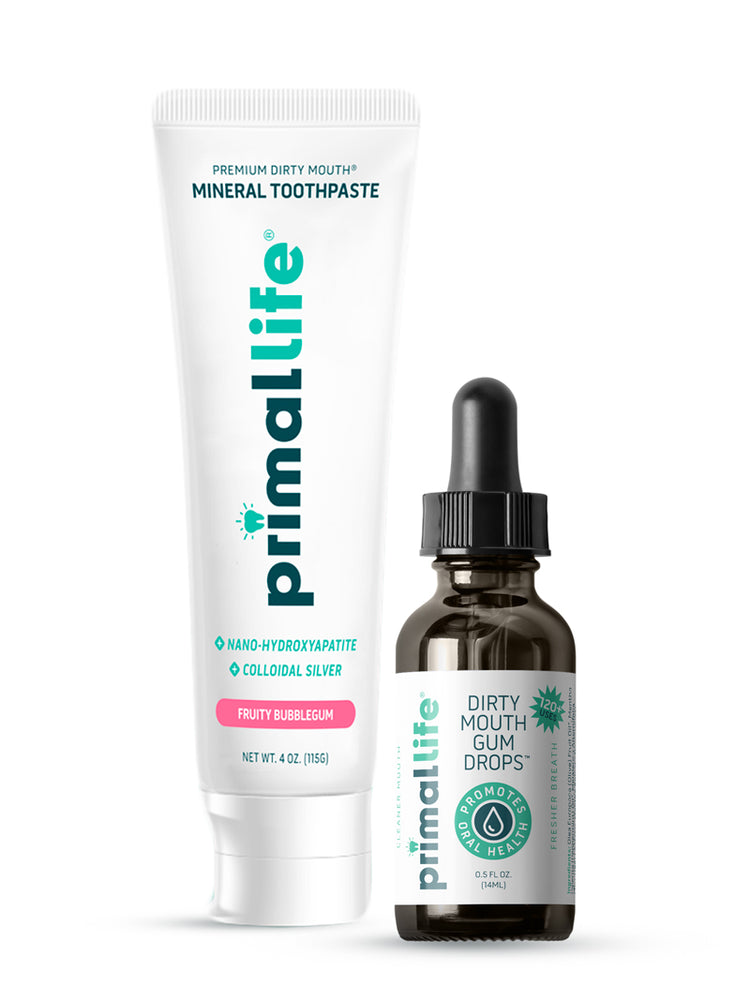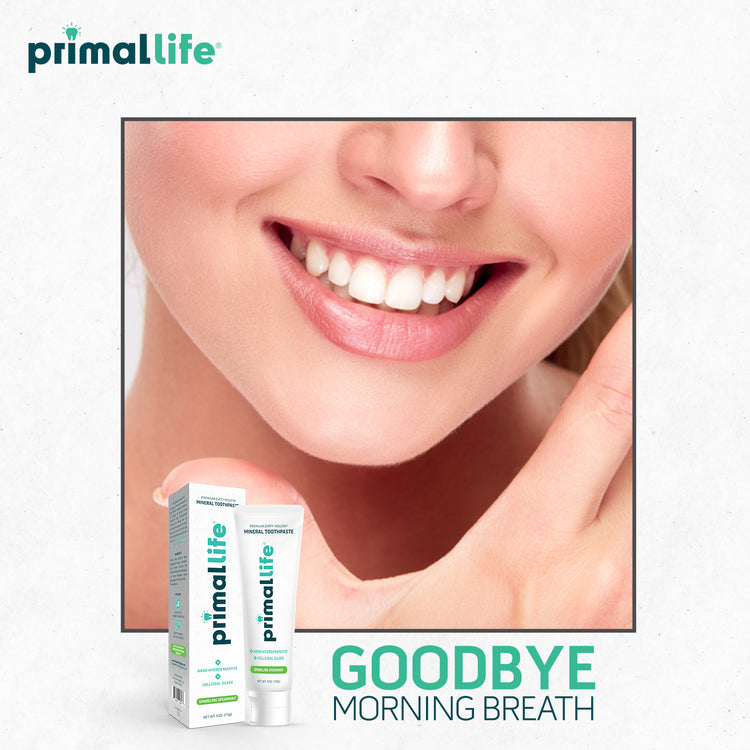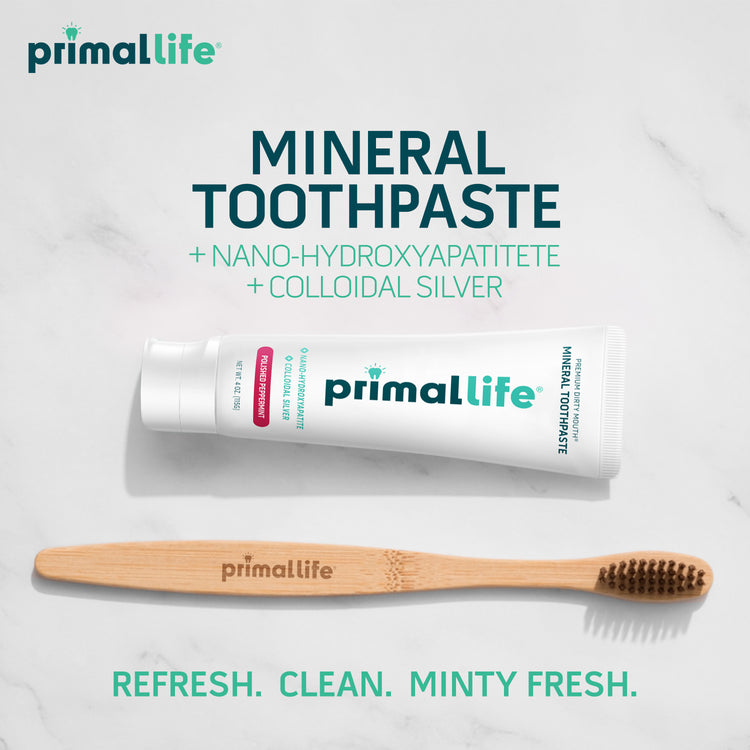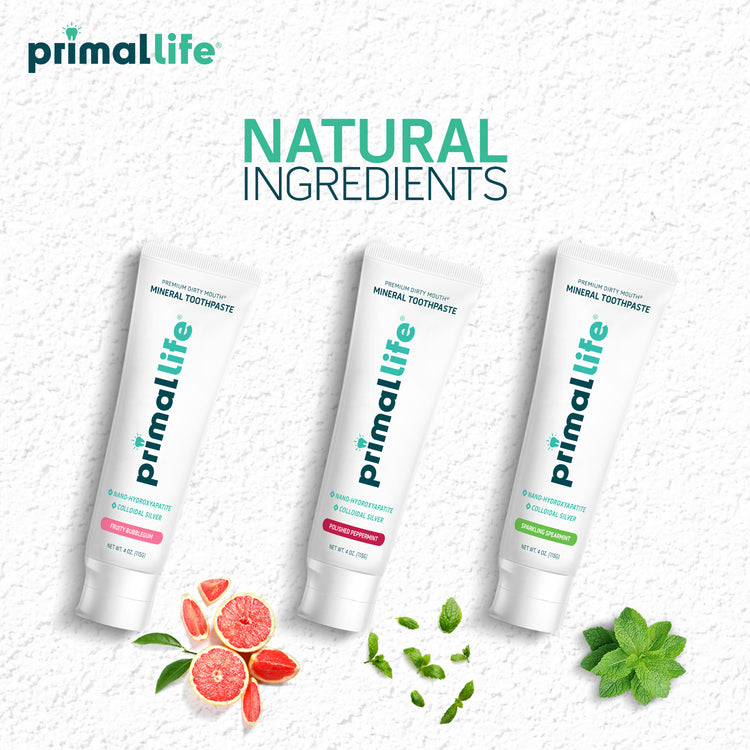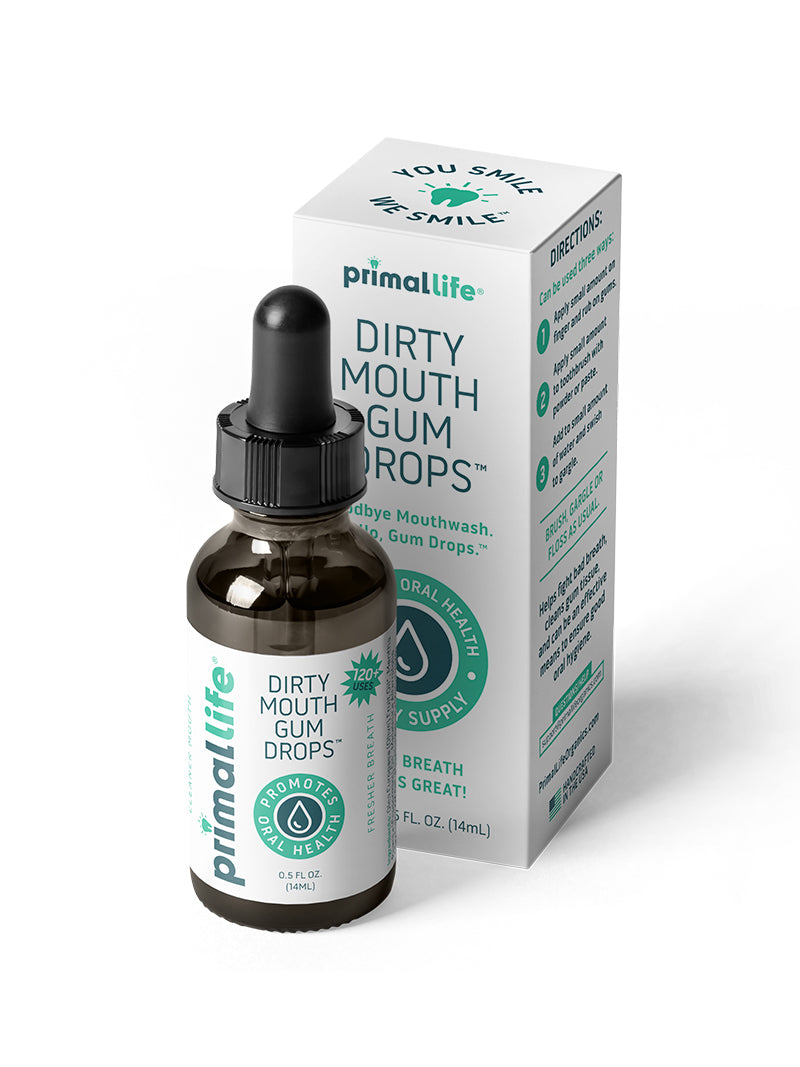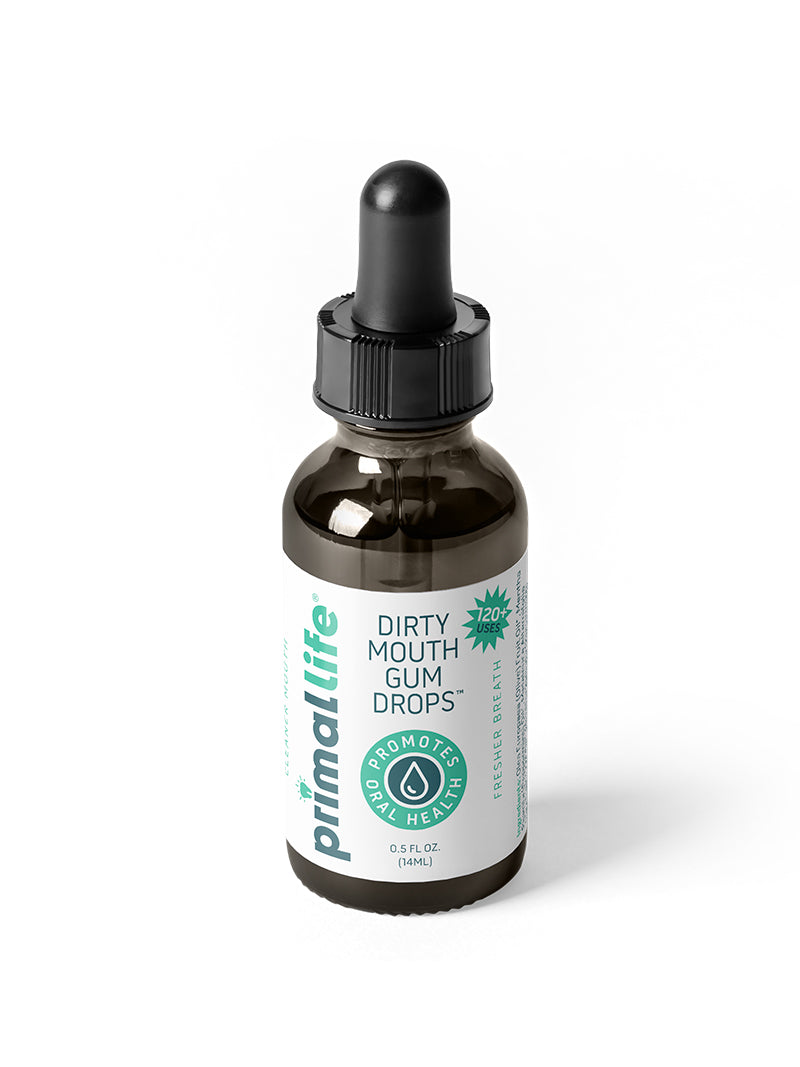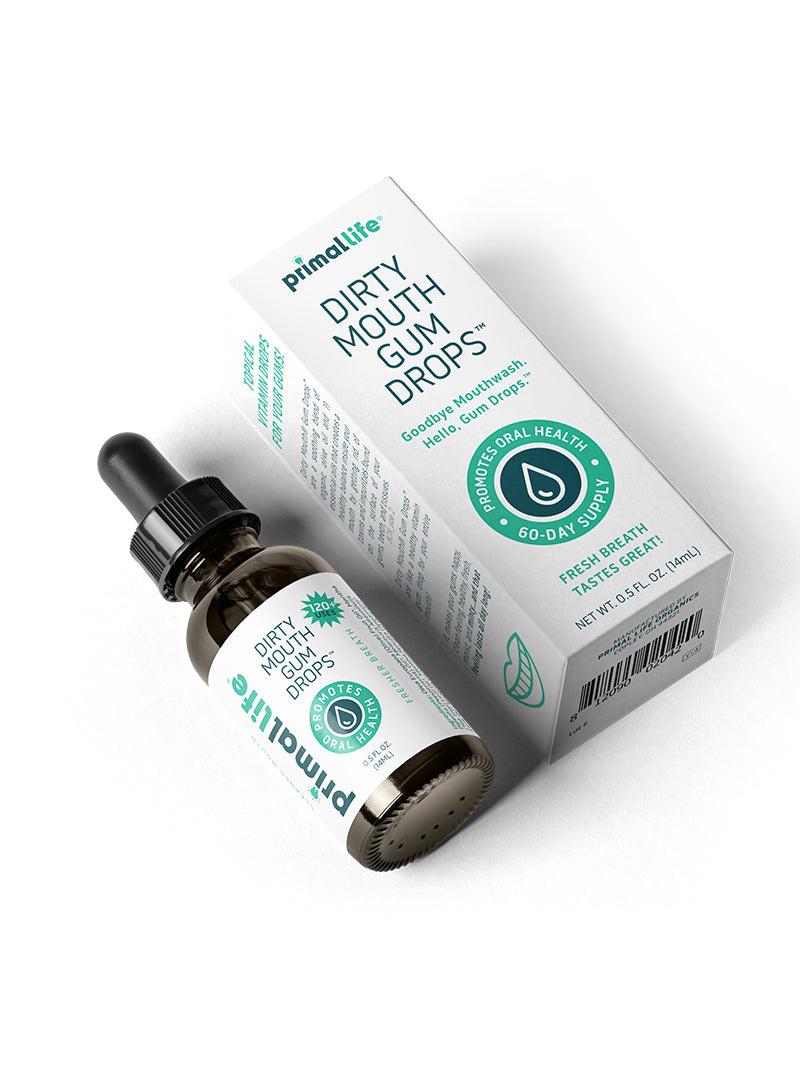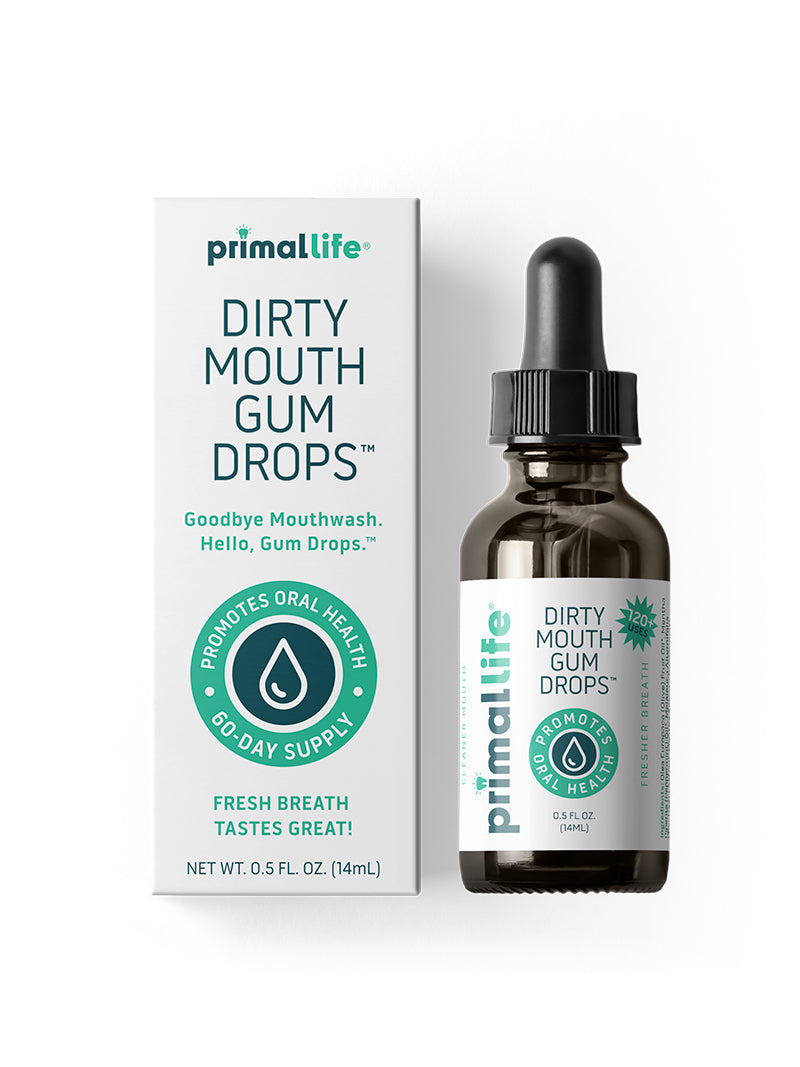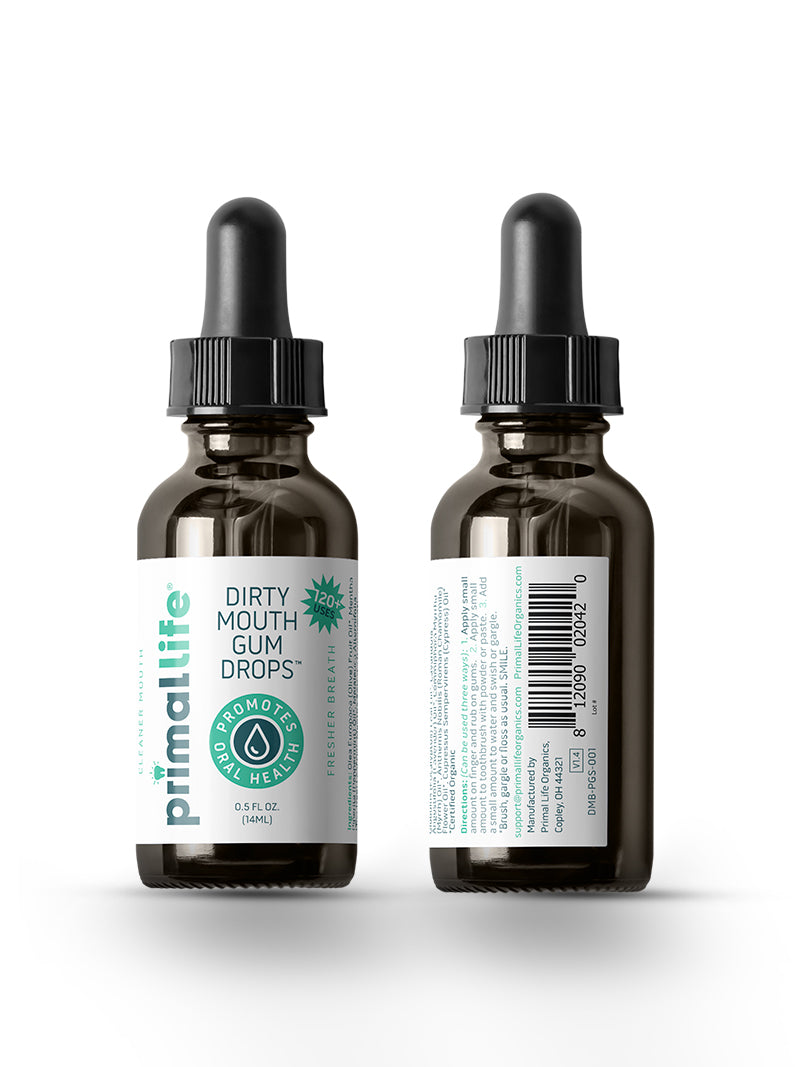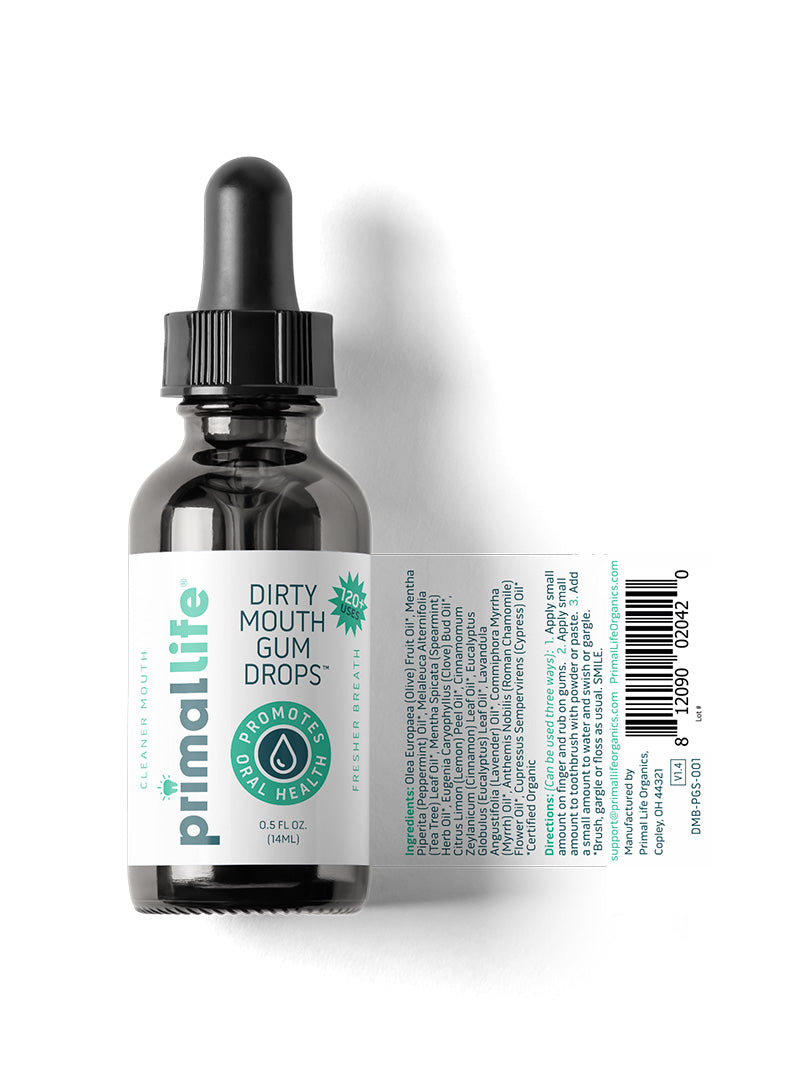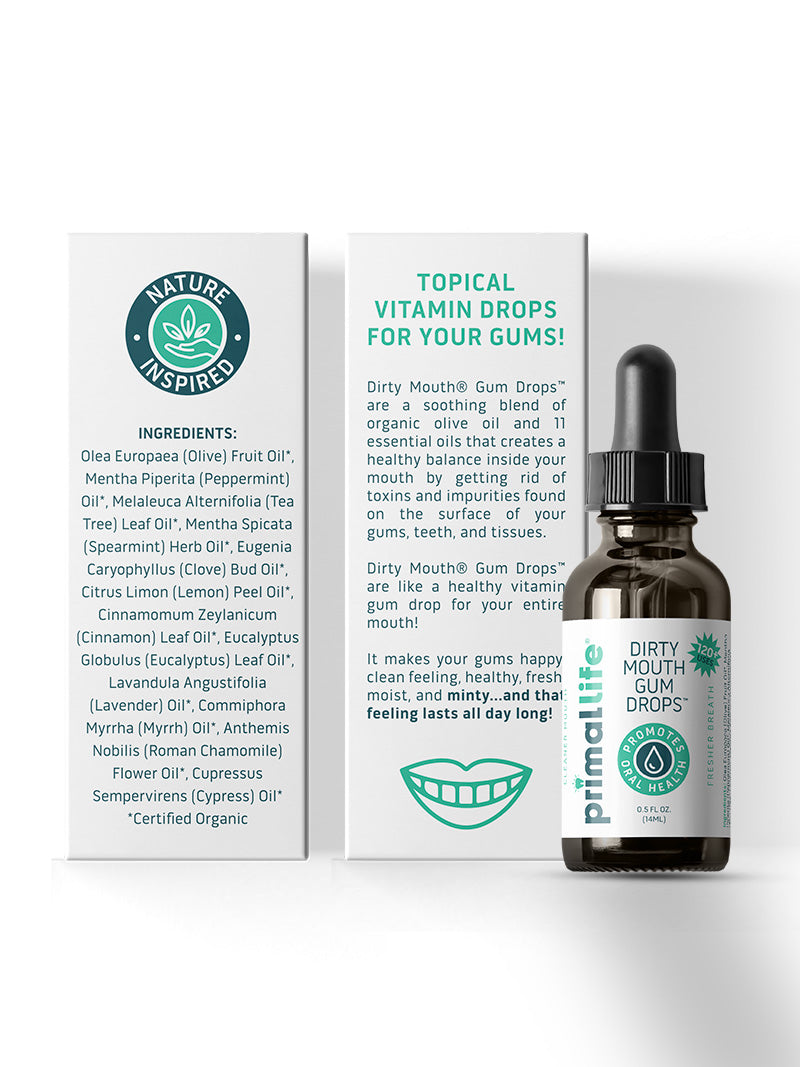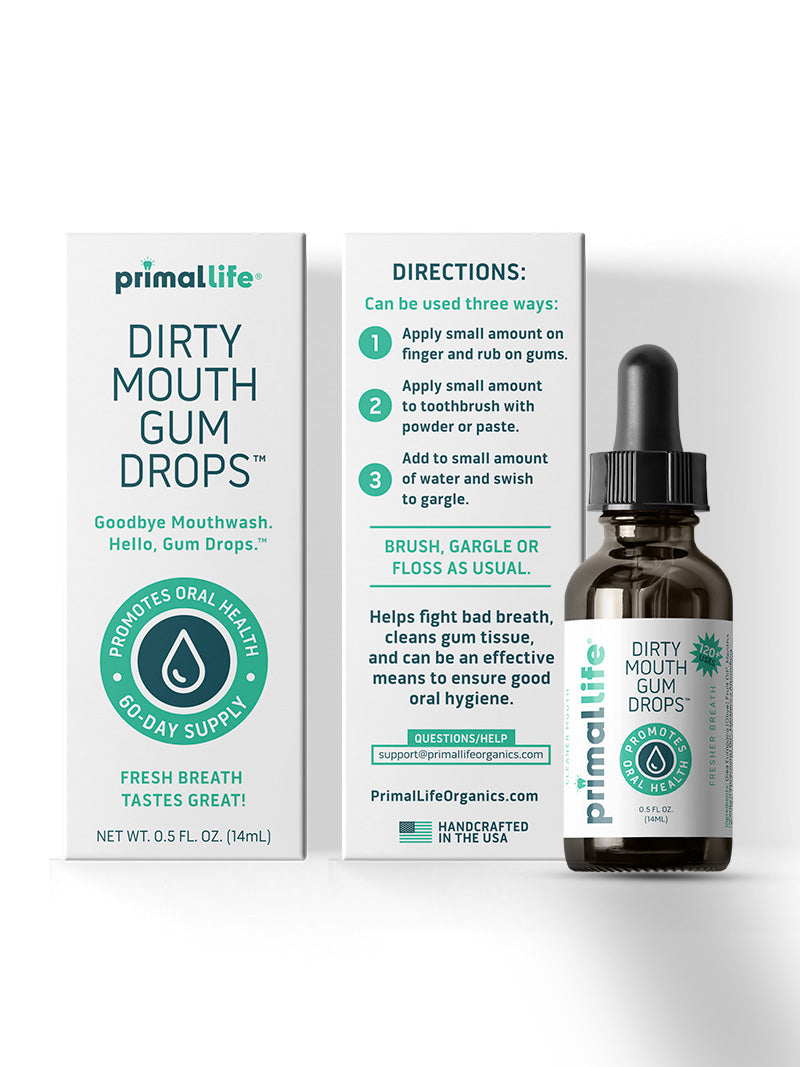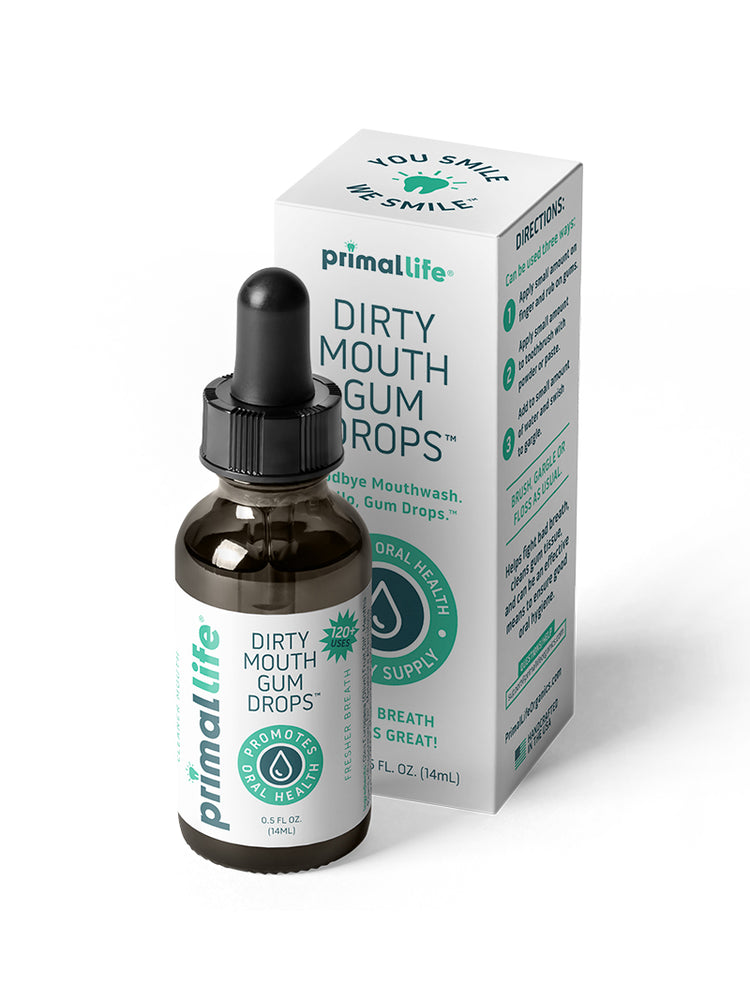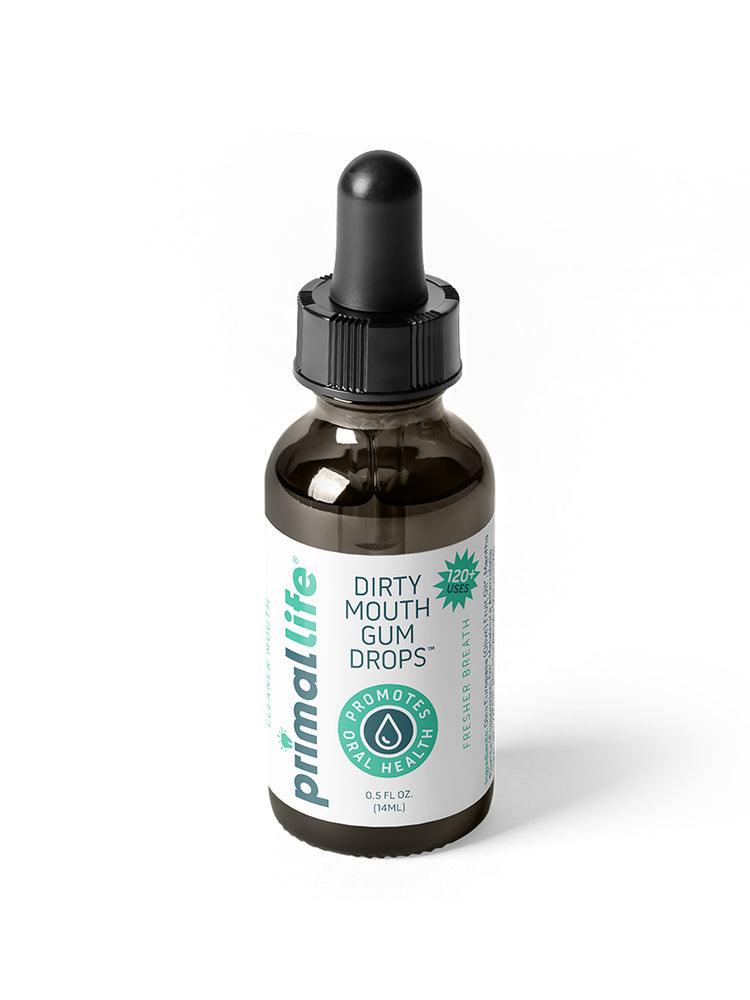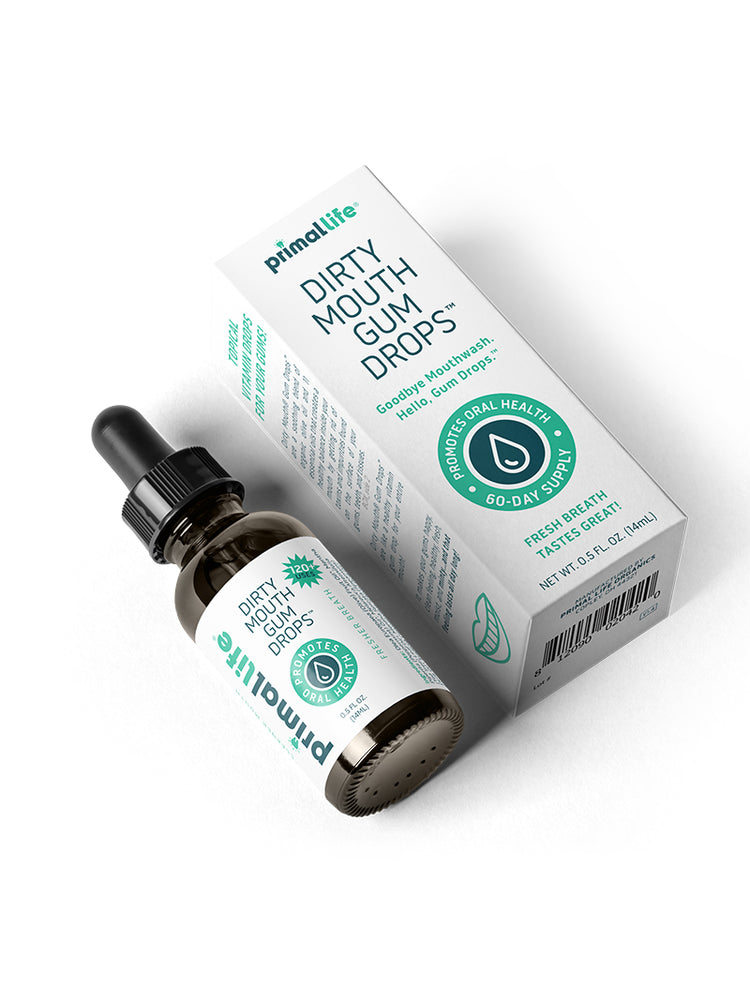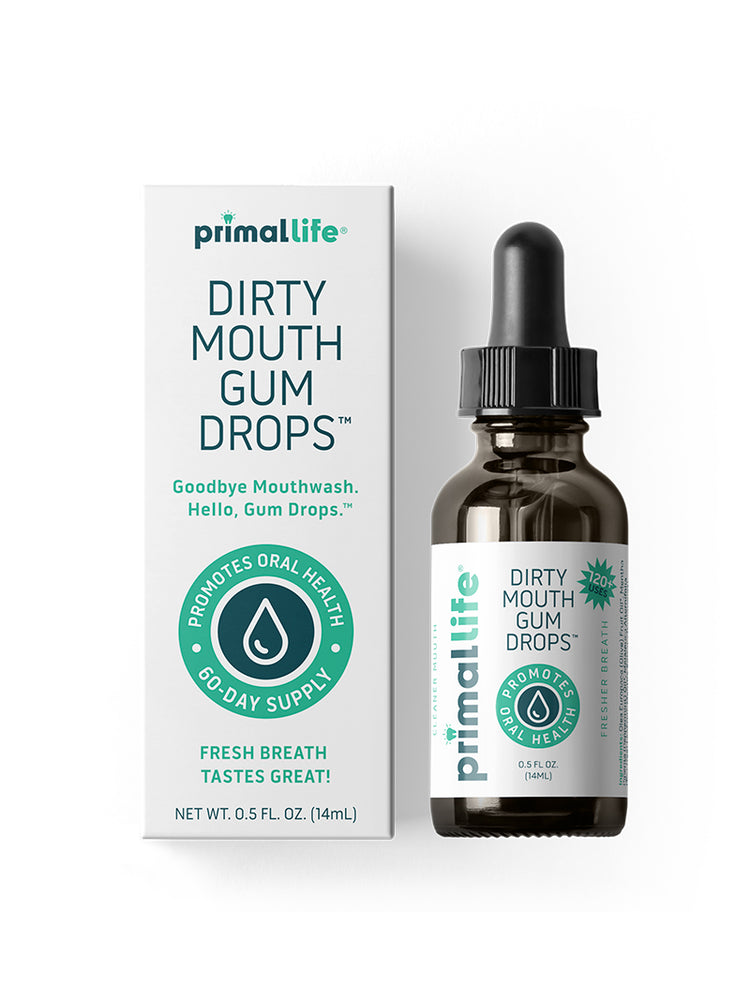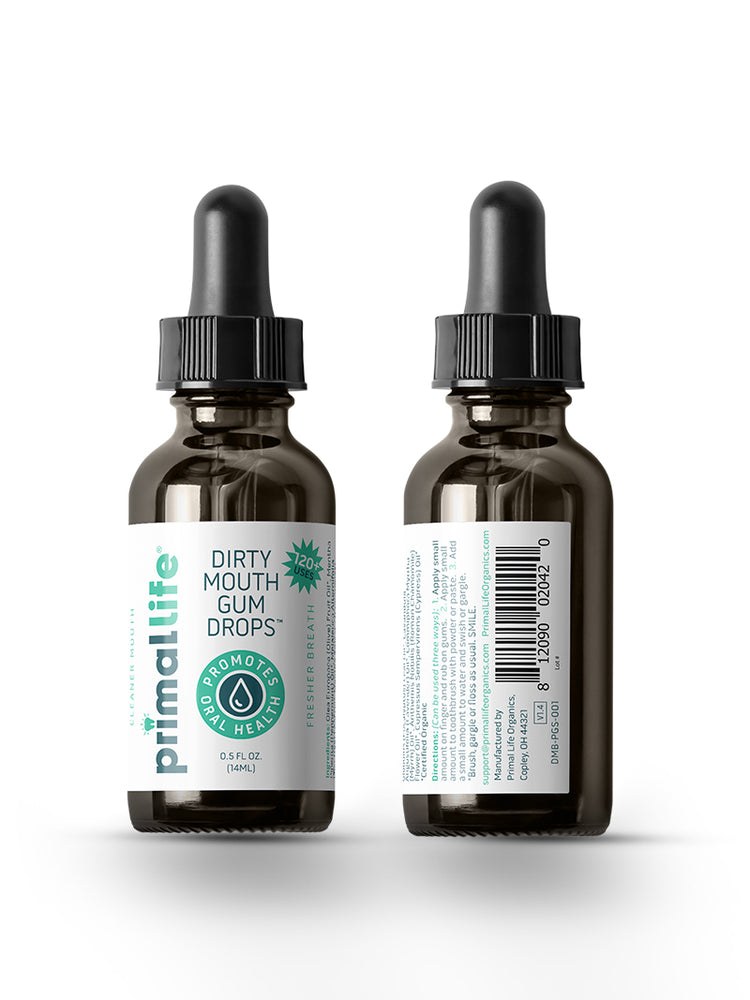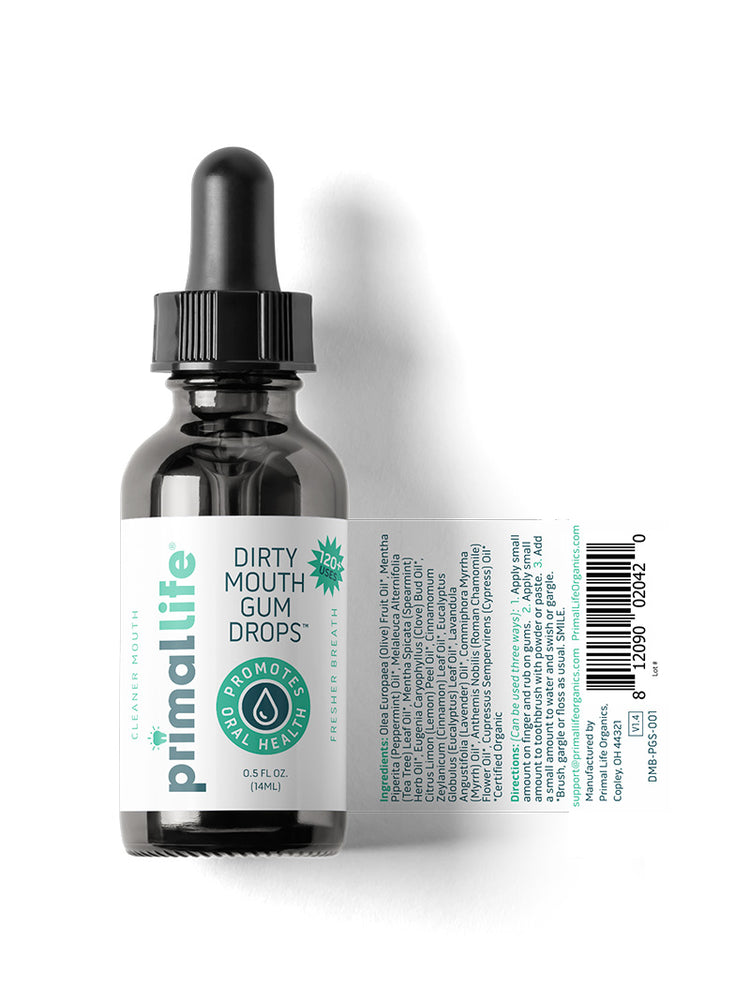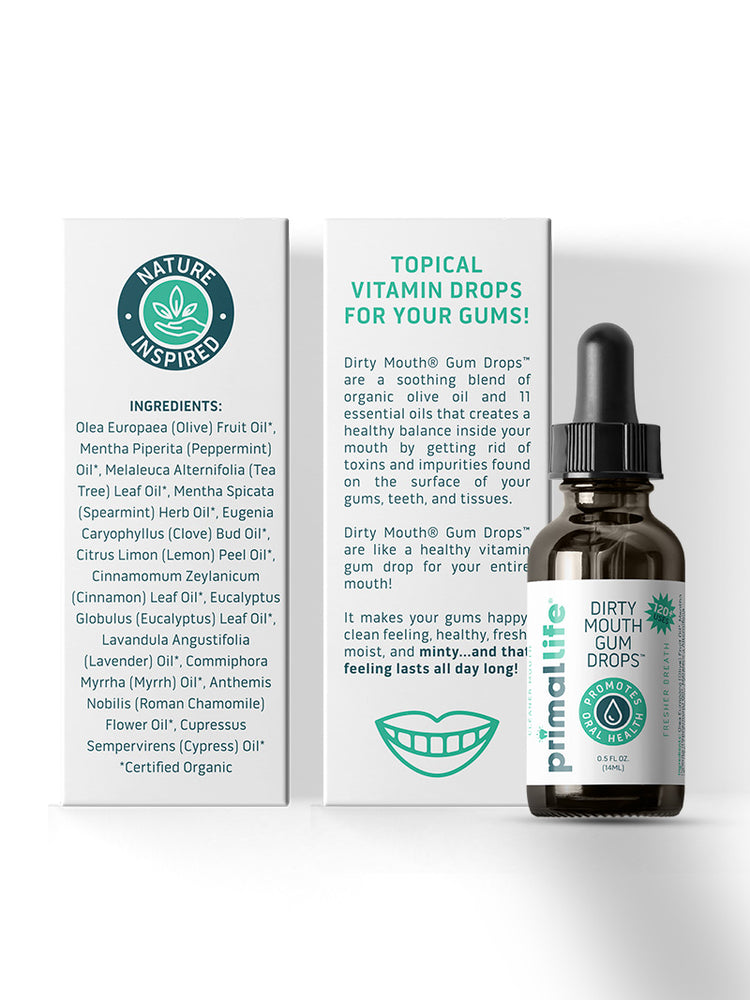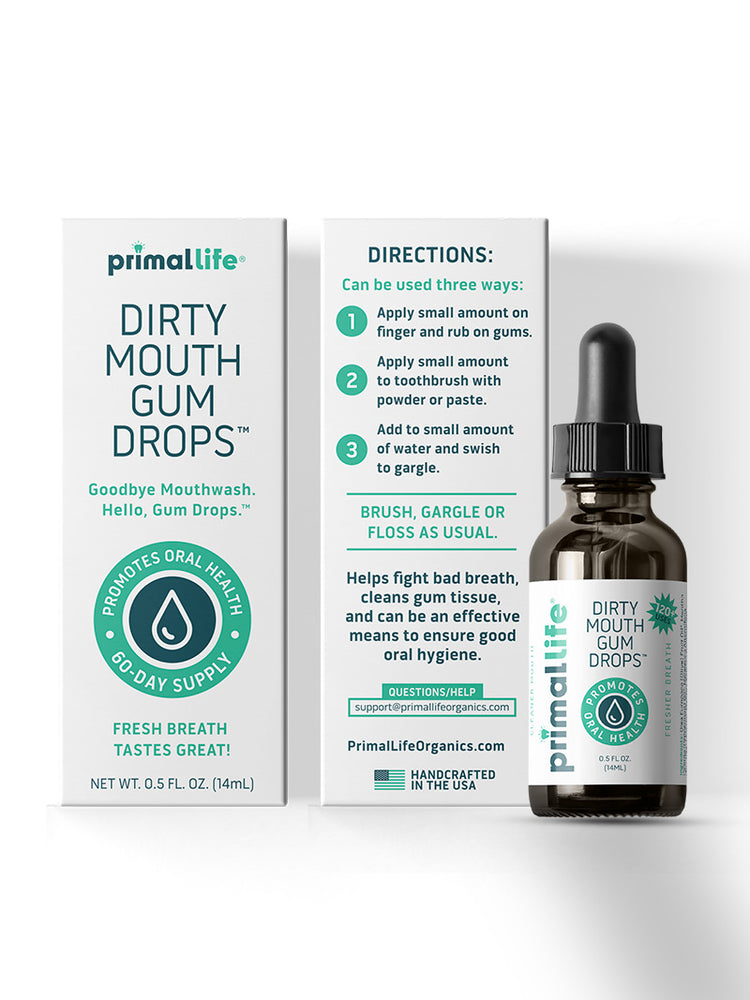Goodbye Toothpaste, Hello Tooth Powder: Your Complete Guide

We all know the supreme importance of brushing our teeth to prevent tooth decay, maintain fresh breath, and promote overall oral health. But until recently, you might have only thought about brushing your teeth with toothpaste. Scroll through Instagram or peruse any number of health and wellness blogs and you'll soon realize that tooth powder is having a major moment.
As it turns out, this popular "new" product has been around a lot longer than toothpaste. In fact, tooth powder (sometimes called dental powder) is one of the oldest forms of oral care. Historians have found that people were using this powdered concoction as far back as the Greek and Roman empires.
So, get ready to discover why tooth powder is a must-have to add to your daily routine. In this guide, we'll give you all the details about tooth powder. You'll learn how it works, the best way to use it, which ingredients to look for (and avoid), and how it compares to toothpaste.
What Is Tooth Powder?
Much like toothpaste, tooth powder is a form of dentifrice for cleaning, polishing, and whitening teeth. Back in ancient times, people would often make their own using a mix of ingredients that could include any combination of calcium carbonate (natural chalk), sodium bicarbonate (baking soda), crushed cuttlebone (as in the bones of cuttlefish!), sea salt, castile soap, charcoal powder, and oils for flavor. But unlike toothpaste, which has a thicker gel-like texture, you need to add water to use tooth powder.
How Does Tooth Powder Work?

Tooth powder works by cleaning teeth and removing bacteria from the surface. It can also help maintain your mouth's pH to prevent it from becoming too acidic, which can lead to tooth decay and gum disease. However, keep in mind that all tooth powders are not created equal. Only choose products from reputable brands with high-quality, natural ingredients.
Primal Life Organics Dirty Mouth Toothpowder is a fluoride-free formula made in the United States with just a handful of all-natural and organic ingredients. The formulation is also paleo, keto-friendly, vegan, and gluten-free.
How to Use Tooth Powder in 4 Easy Steps
- Run a little water on the bristles of your toothbrush
- Dip your toothbrush bristles into the tooth powder
- Brush your teeth for two minutes (you can also brush your tongue)
- Thoroughly rinse your mouth
Ingredients to Look for in Tooth Powder

Whether it's the food you're eating or the products you're using, being careful about what you put on and in your body is a crucial part of maintaining overall health. With that in mind, be sure you pay attention to the ingredients that are in (and not) in your tooth powder to make an informed and educated decision. Here's a list of ingredients you need to know about when shopping.
Ingredients to avoid:
- Synthetic additives or foaming agents
- Artificial flavoring, coloring, or preservatives
- Sodium lauryl sulfate (SLS), a commonly used detergent that can irritate skin
- Carrageenan, a thickening and gelling agent with many possible side effects
- Triclosan, an antibacterial agent that isn't generally recognized as safe by the FDA
- Unnatural sweeteners such as aspartame, sucralose, or saccharin
Ingredients that are OK:
- Bentonite clay
- White kaolin clay
- Baking soda
- Green clay
- Organic essential oils such as peppermint, spearmint, clove, or cinnamon
- Natural sweeteners such as monk fruit or xylitol
Bentonite Clay
Perhaps best known for its ability to draw out impurities and soothe skin, this nontoxic, soft clay is a common ingredient in self-care products such as face masks. However, it's not only good for skin. Because bentonite clay is rich in minerals — including calcium and potassium — it's also good for your teeth and gums. In tooth powders, it's a key ingredient to gently scrub and polish teeth as well as remineralize them.
White Kaolin Clay
Another clay that's commonly used in cosmetics and beauty products such as soap, face masks, and bath bombs, white kaolin clay is gentle enough to cleanse and calm sensitive skin. In tooth powder, this mineral-rich clay's composition of calcium, zinc, silica, and magnesium work as a natural whitener and can also help with remineralizing tooth enamel.
Baking Soda
One of the most versatile ingredients on the planet, baking soda can be used as a household cleaner and deodorizer as well as a tooth cleaner and whitener. The baking soda in the Primal Life Organics Toothpowder Package is aluminum-free and alkalizing with an 8.1 pH level to neutralize the acids in your mouth. Baking soda gently cleanses and polishes teeth, eliminates odors, and can help freshen your breath.
French Green Clay
Also known as sea clay, this green-colored mineral clay is naturally found in France, although today it's also found in other areas around the world. French green clay is used in many cosmetic and skincare products to absorb impurities and tighten, tone, and soothe skin. Thanks to the many trace minerals found in this clay — montmorillonite, calcium, magnesium, potassium, zinc, copper, iron, phosphorus, selenium, manganese, phosphorus — scientific studies have shown that it has powerful antibacterial properties.
Organic Essential Oils
Many people use essential oils in diffusers for their soothing aromatic effects. These plant oils are also included in personal care products such as lotions, shampoos, mouthwash. Be cautious with essential oils as they can be skin or nose irritants for some people. However, in proper dosages, they can be quite useful. In natural tooth powders, look for essential oils such as peppermint or spearmint as a way to freshen your breath.
Tooth Powder vs. Toothpaste

While toothpaste is easy to use and the most familiar option for most of us, it often has questionable ingredients. Many commercial toothpastes such as Colgate or Crest contain fluoride (which can have side effects), synthetic ingredients, artificial flavors, and other additives. As a result, you might be looking for alternatives like tooth powder for a more natural approach to oral care. But as mentioned earlier, not all tooth powders are equally good for you. Be sure to read the product label and only buy from a trusted brand.
Both toothpaste and tooth powders can work equally well for you, but it's worth noting that some scientific studies show that tooth powder is better than toothpaste in controlling dental plaque and gingivitis.
Ultimately, it's all about personal preference. If you like the feel and taste of toothpaste, then that's your prerogative. Just be sure to read the product label so you know what you're getting. If you're not sure about an ingredient, do your research. If you're still not sure, ask your dentist.
Tooth Powder Is the Way to Go
While toothpaste is what most of us think about when it comes to brushing our teeth, tooth powder has come back in a major way. This powdery form of dentifrice can be an excellent addition to your routine, Of course, be sure to floss every day and have regular dental check-ups. As always, consult with your dentist or other health care professional if you have questions or aren't sure about the best approach for your oral health.







